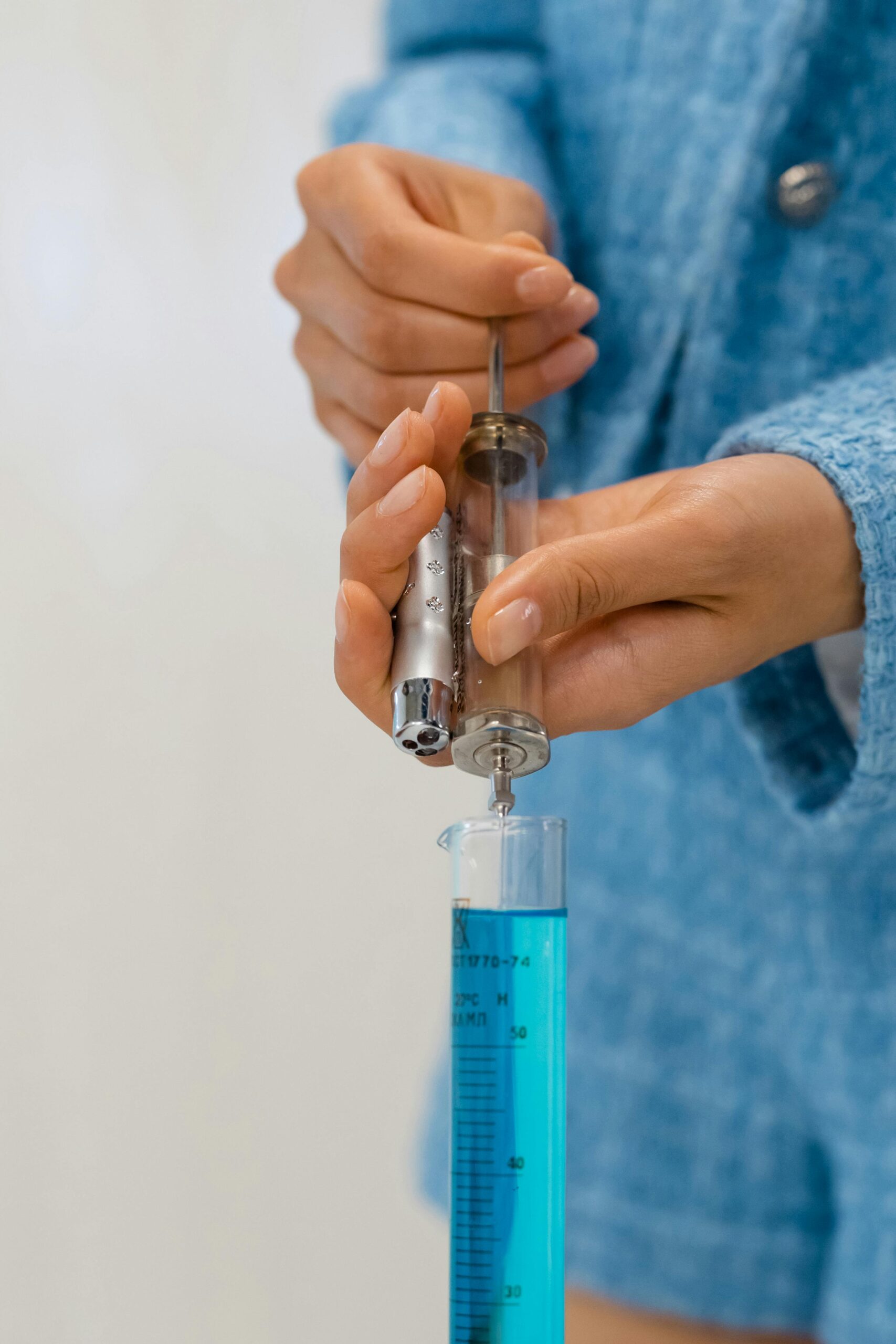Are you curious about how clinical trials shape the future of medicine and save lives every day? Clinical trials are the backbone of medical research, providing critical data that leads to breakthrough treatments and innovative therapies. But what exactly are clinical trials phases, and why do they matter so much in developing new drugs? Many people don’t realize that these studies involve volunteers who carefully test the safety and effectiveness of medications before they hit the market. Imagine being part of a process that could revolutionize healthcare — sounds exciting, right? In recent years, cutting-edge clinical trials have incorporated advanced technologies like AI and personalized medicine, making the results more accurate and impactful than ever before. Are you wondering how to find ongoing clinical trials near me or what benefits participants receive? From rare diseases to cancer research, clinical trials offer hope and new possibilities. This blog will unlock the secrets behind successful clinical trial recruitment and reveal why understanding the clinical trial process is essential for patients and healthcare professionals alike. Stay tuned to discover insider tips, the latest trends in clinical research studies, and how you can contribute to the next medical breakthrough!
What Are Clinical Trials? A Comprehensive Guide to Medical Research Breakthroughs
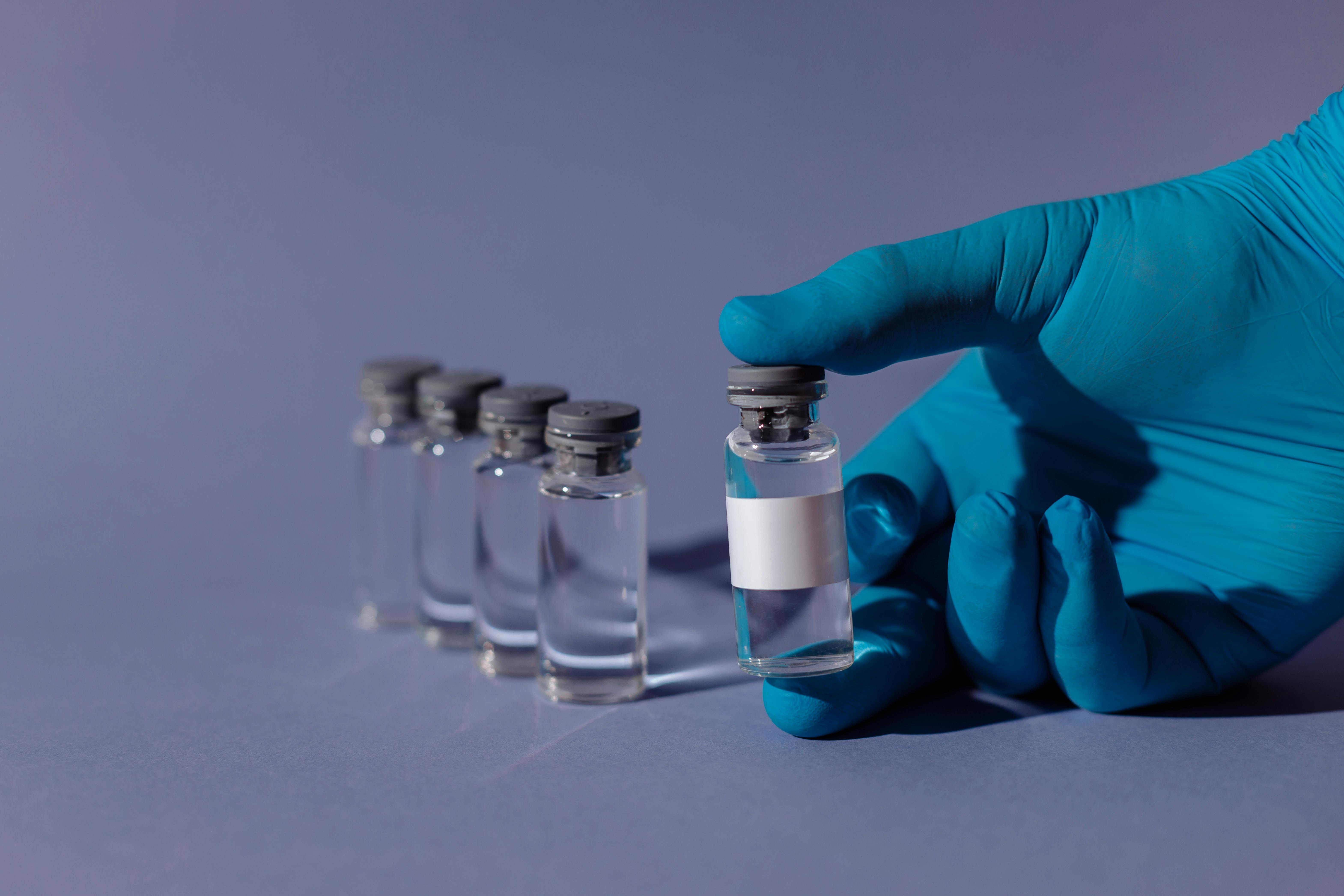
The Weird and Wonderful World of Clinical Trials: What You Probably Don’t Know
Alright, lets talk about clinical trials — those mysterious experiments where humans volunteer to test new drugs, treatments, or sometimes just to see if a new vitamin actually does any good. Not really sure why this matters, but these trials are kinda the backbone of modern medicine. Without them, we’d still be stuck using leeches or some other medieval nonsense.
What Are Clinical Trials, Really?
So, clinical trials are basically scientific studies where doctors and researchers try out new medical interventions on people. The goal? To find out if these new things are safe and effective before they hit the market. Sounds simple, right? But nah, it’s a whole circus with different phases, rules, and whatnot.
| Phase | Purpose | Number of Participants | Duration |
|---|---|---|---|
| Phase 1 | Safety testing, dose finding | 20-100 | Several months |
| Phase 2 | Effectiveness and side effect check | Few hundred | Several months to 2 years |
| Phase 3 | Confirm effectiveness, monitor side effects | Thousands | 1-4 years |
| Phase 4 | Post-marketing safety monitoring | Thousands | Ongoing |
Yeah, looks neat in a table, but imagine the headache behind coordinating all that.
Why People Join Clinical Trials?
You might think, “Why on earth would someone volunteer to be a guinea pig?” Well, reasons vary. Some folks wanna help others, some are just desperate for a new treatment after exhausting all options, and some just want the free healthcare (not judging, who wouldn’t?). Also, sometimes they pay you. Not a fortune, but enough to buy a pizza.
Long tail keyword alert: how to find clinical trials near me for cancer treatment is something a lot of patients googles when they feel like regular treatments aren’t cutting it anymore.
The Phases Aren’t Just Numbers — They Matter!
People sometimes misunderstand the phases and think Phase 1 means the drug is ready to cure cancer or whatever. Nope. It mostly means they are figuring out if it kills you or not, which, yeah, is kinda important. Phase 2 and 3 are when the real tests happen, but by then, if the drug is still around, it probably has some promise.
Maybe it’s just me, but I feel like the whole process could be explained better. Like, imagine this as a checklist:
- Phase 1: Is it safe? (Mostly)
- Phase 2: Does it work at all?
- Phase 3: Does it work better than the old stuff?
- Phase 4: Are there any long term problems?
Practical Insights: What To Expect If You Join a Clinical Trial
If you ever decides to join a clinical trial for new medication, here are some things you might want to know:
- Informed Consent is a Big Deal — They will explain everything, but sometimes it sounds like legal mumbo jumbo.
- You’ll Probably Get Lots of Tests — Blood draws, scans, questionnaires. It’s like being in school again but with needles.
- You Might Get Placebo — Yep, sometimes you get sugar pills instead of the real deal. It’s a gamble.
- Follow-up is Important — Even after the trial ends, they might want to keep tabs on you.
Common Misconceptions About Clinical Trials
- Only Desperate People Join: Nah, a lot of healthy volunteers join too, especially in early phases.
- They Are Dangerous: There is risk, sure, but it’s controlled and monitored very carefully.
- You Always Get The Drug: Nope, sometimes you get placebo or standard treatment.
A Random Table: Advantages vs Disadvantages of Clinical Trials
| Advantages | Disadvantages |
|---|---|
| Potential access to cutting-edge treatments | Risk of unknown side effects |
| Close monitoring by medical staff | Time consuming and lots of visits |
| Contributes to medical knowledge | May receive placebo |
| Sometimes compensation provided | Not guaranteed to help you |
How to Search For Clinical Trials?
Finding the right clinical trials for chronic diseases near me can be a royal pain. You gotta check multiple databases, talk to your doctor, and sometimes just rely on luck. Here’s a super simple step by step:
- Visit ClinicalTrials.gov or similar platforms
- Put your condition and location in the search bar
- Filter results by phase, recruitment status, and eligibility
- Contact the trial coordinators for more info
Final Thoughts (with a sprinkle of sarcasm)
Honestly, clinical trials are like that weird relative everyone talks about
Top 7 Ways Clinical Trials Accelerate Life-Saving Medical Innovations
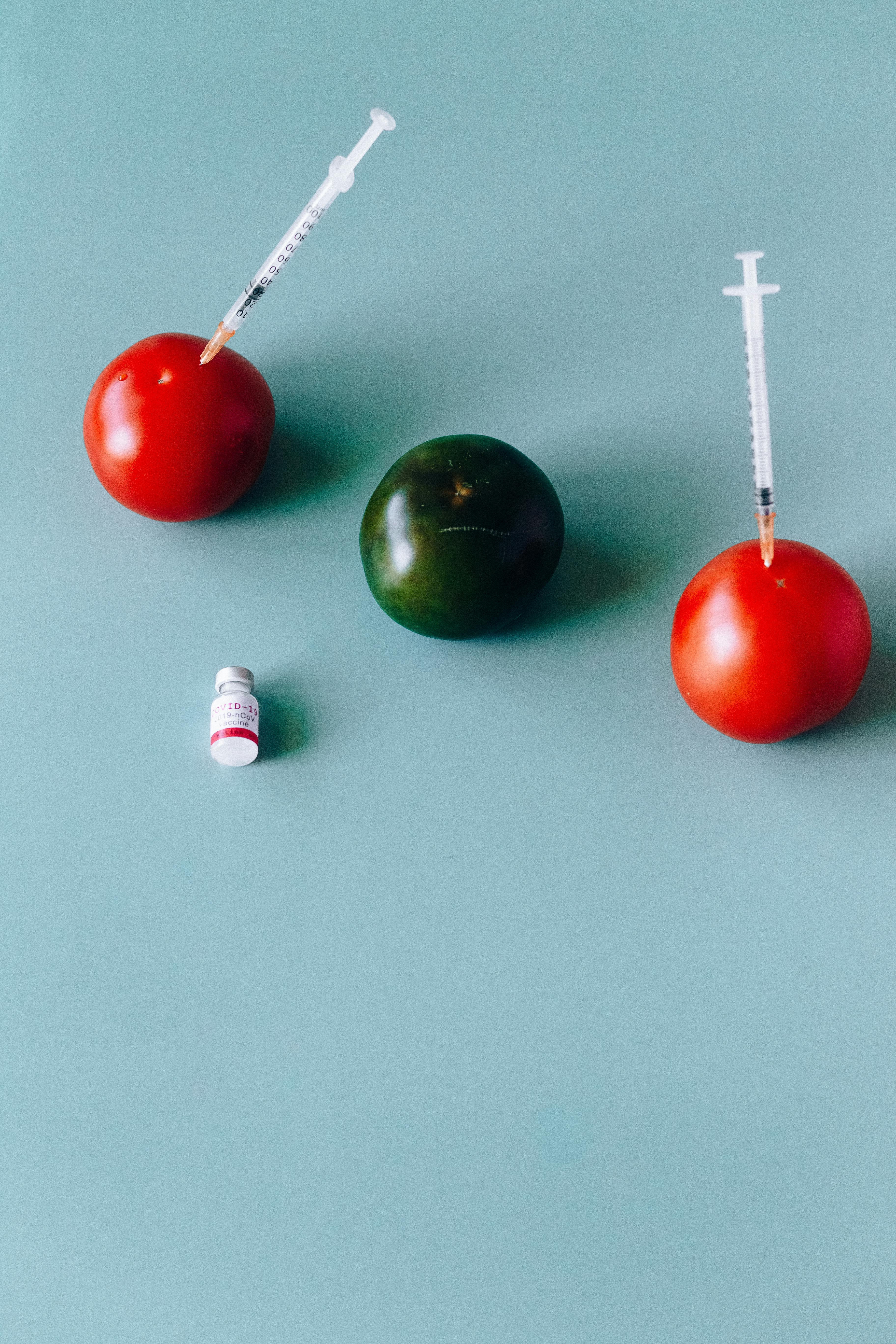
Clinical Trials: What They Are and Why You Should Care (Maybe)
So, you probably heard the term clinical trials for drug development process tossed around at some point, right? But what exactly those are, and why should you care? Well, stick around, cause this gonna be a wild ride through the world of clinical trials — with all its messiness and weird science stuff. Not really sure why this matters, but apparently, these trials are kinda crucial for getting new medicines approved, tested, and safe to use. Spoiler alert: it’s not as simple as just mixing some chemicals and hope for the best.
What Are Clinical Trials Anyway?
In the most basic sense, clinical trials phases overview is a series of research studies involving human volunteers. These helps researchers find out if a new treatment, drug, or medical device is safe and effective. Sounds kinda serious, huh? It is. But, the whole process can takes years, sometimes decades, and involves tons of paperwork that probably nobody really enjoys doing.
Here’s a quick breakdown (because who doesn’t loves lists):
| Phase | Purpose | Number of Participants | Duration |
|---|---|---|---|
| Phase 1 | Safety and dosage | 20-100 | Several months |
| Phase 2 | Efficacy and side effects | Few hundred | Several months to 2 years |
| Phase 3 | Confirm effectiveness, monitor side effects, compare to standard treatment | 1,000-3,000 | 1-4 years |
| Phase 4 | Post-marketing surveillance | Thousands | Ongoing |
Yep, it’s as complicated as it looks.
Why Do People Volunteer for These Trials?
You might be thinking, “Why in the world would anyone wanna volunteer to be a guinea pig?” Good question. Some do it for the money (which isn’t always that great, by the way), some for the hope of a cure or better treatment, and others just wanna help science because they’re that kind of person. Or maybe they got nothing better to do on a Tuesday afternoon.
The truth is, volunteering for clinical trials recruitment strategies has its risks and rewards. You could get access to cutting-edge treatments before they hit the market, but you might also experience weird side effects that no one expected. It’s a gamble, really.
The Bitter Truth About Clinical Trials
Okay, not to sound all doom-and-gloom, but clinical trials can be messy. Sometimes, the results are inconclusive, or the treatment doesn’t work as hoped. And get this — there’s also the ethical side of things. Like, how do you make sure the participants truly understand what they’re signing up for? Spoiler: it’s not always foolproof.
Also, the whole process can be biased sometimes. For example, clinical trials diversity challenges is a real problem. Many trials mostly include people from similar backgrounds, which means the results might not apply to everyone. Maybe it’s just me, but I feel like that kinda defeats the purpose. We want treatments that work for all, not just a lucky few.
Practical Insights: How to Navigate Clinical Trials?
If you or someone you know is thinking about joining a trial, here’s a quick list of practical tips that might helps:
- Do your homework: Research the trial, the sponsors, and the risks involved.
- Ask questions: No question is too dumb when it comes to your health.
- Know your rights: You can leave the trial anytime if you feel uncomfortable.
- Talk to your doctor: Get their opinion before jumping in.
- Understand the paperwork: Consent forms are long but important.
Clinical Trials Data Management: Why It Matters
You might not think about it, but managing all the data from these trials is a huge deal. Imagine thousands of patients, multiple data points, and tons of tests — it’s a logistical nightmare. That’s why clinical trials data management systems are a booming area in healthcare. They help keep everything organized so the researchers can actually trust the results. Otherwise, it’s like trying to find a needle in a haystack.
Quick Table: Pros and Cons of Clinical Trials
| Pros | Cons |
|---|---|
| Access to new treatments | Possible side effects |
| Contribute to medical science | Time-consuming and expensive |
| Close medical monitoring | Risk of placebo (no treatment) |
| Compensation (sometimes) | Uncertainty of outcomes |
The Future of Clinical Trials
With technology advancing faster than my coffee consumption, the future looks kinda exciting for clinical trials. Things like virtual trials, AI-driven data analysis, and personalized medicine are shaking things up. Soon, maybe we won’t need to go to a clinic
How Clinical Trials Revolutionize Cancer Treatment: Real Patient Success Stories
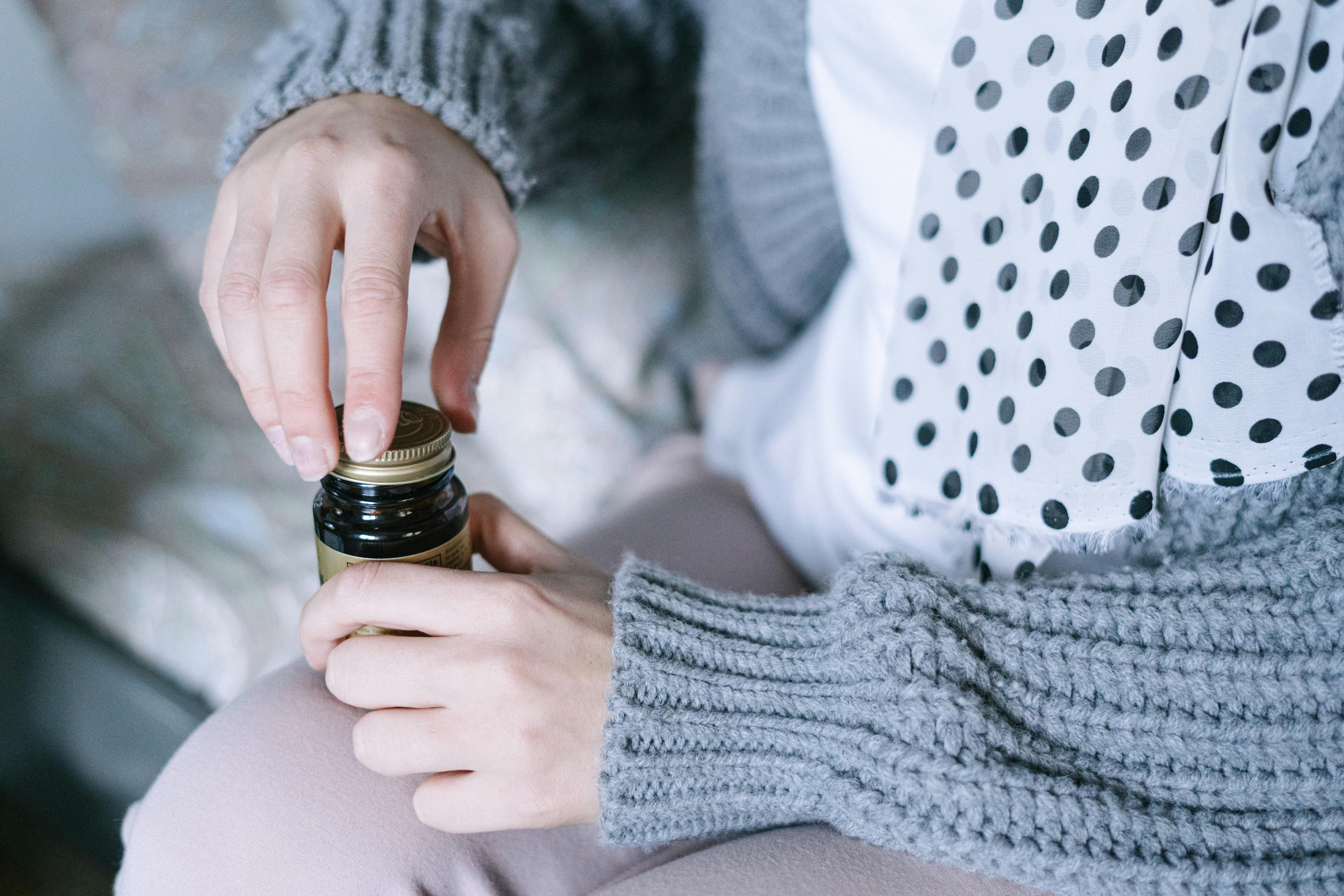
The Wild World of Clinical Trials: What You Should (Maybe) Know
So, clinical trials, huh? They sound all science-y and complicated but honestly, they are just experiments done with people to test new drugs, treatments, or medical devices. If you ever wondered how clinical trials works for new medicines, you’re in the right place. But heads up, this article gonna be a bit messy, like life itself.
What are Clinical Trials and Why Should You Care?
Clinical trials are studies that help researchers figure out if a new treatment is safe and effective. They do this by testing on volunteers, sometimes healthy people, sometimes those who is sick. Not really sure why this matters, but it’s kinda important because without these trials, new medicines wouldn’t get approved.
The Phases of Clinical Trials
There are usually 4 phases, each one testing different things. Here’s a simple table to wrap your head around it:
| Phase | Purpose | Number of Participants | Duration |
|---|---|---|---|
| 1 | Safety and dosage | 20-100 | Several months |
| 2 | Effectiveness and side effects | Few hundred | Several months to 2 years |
| 3 | Confirm effectiveness and monitor side effects | 300-3,000 | 1-4 years |
| 4 | Post-marketing surveillance | Thousands | Ongoing |
Maybe it’s just me, but I feel like Phase 4 is kinda like the “better late than never” check-up for drugs that already out on the market.
Why People Join Clinical Trials?
Some people join because they wanna help others, or they sick and want the newest treatment. Others join for money or free medical care — clinical trials often provide that. But, not everything is sunshine and rainbows. There’s risks involved, and sometimes, treatments doesn’t work or have bad side effects.
Pros and Cons of Participating in Clinical Trials
| Pros | Cons |
|---|---|
| Access to new treatments | Unknown risks and side effects |
| Free medical care | Time consuming and inconvenient |
| Contribute to science | May not get the treatment (placebo) |
I mean, who doesn’t want to be a guinea pig for science, right? Well, maybe some people don’t find it that appealing.
The Process of Joining a Clinical Trial
It’s not like you just sign up and boom, you in. There’s a lot of paperwork and tests. Here’s quick rundown:
- Find a trial that fits your condition.
- Screening tests to see if you qualify.
- Informed consent where they explain risks (usually with a mountain of legal jargon).
- Participation – follow all the rules, attend visits, and report how you feel.
- Follow-up even after the trial ends.
Common Myths About Clinical Trials
Myth 1: You’ll get a placebo for sure.
Reality? Sometimes, but not always. Many trials have control groups getting standard treatment.Myth 2: Clinical trials are only for very sick people.
Nope, healthy volunteers needed too, especially in Phase 1.Myth 3: Trials are dangerous.
They can be risky, but they’re heavily regulated to protect participants.
Some Practical Insights if You Think About Joining
| Tip | Explanation |
|---|---|
| Do Your Research | Look up the trial, the hospital, and the drug. |
| Ask Questions | Don’t be shy, ask everything you want to know. |
| Consider Your Schedule | Some trials need frequent visits or monitoring. |
| Understand the Risks | Read the consent forms carefully. |
Honestly, if you don’t understand something, ask again. Sometimes doctors or researchers use big words just to confuse you, or maybe they just think you know stuff you don’t.
Why the Fuss About Clinical Trial Results?
When clinical trials finish, the results get published. But here’s the catch: not all results gets published, especially if the treatment wasn’t effective. This causes a problem called publication bias which can mislead doctors and patients about how well treatments really work.
Quick Facts Sheet: Clinical Trial Transparency
| Issue | Explanation |
|---|---|
| Non-publication of results | About 30-50% of trials results never published |
| Selective reporting | Only positive results often shared |
| Impact on healthcare | Can cause wrong treatment decisions |
It’s a bit shady, but hey, that’s research for you.
Final Thoughts (Because Everyone Love a Good Conclusion)
Clinical trials are super important
Exploring the Phases of Clinical Trials: What Patients Need to Know Before Participation
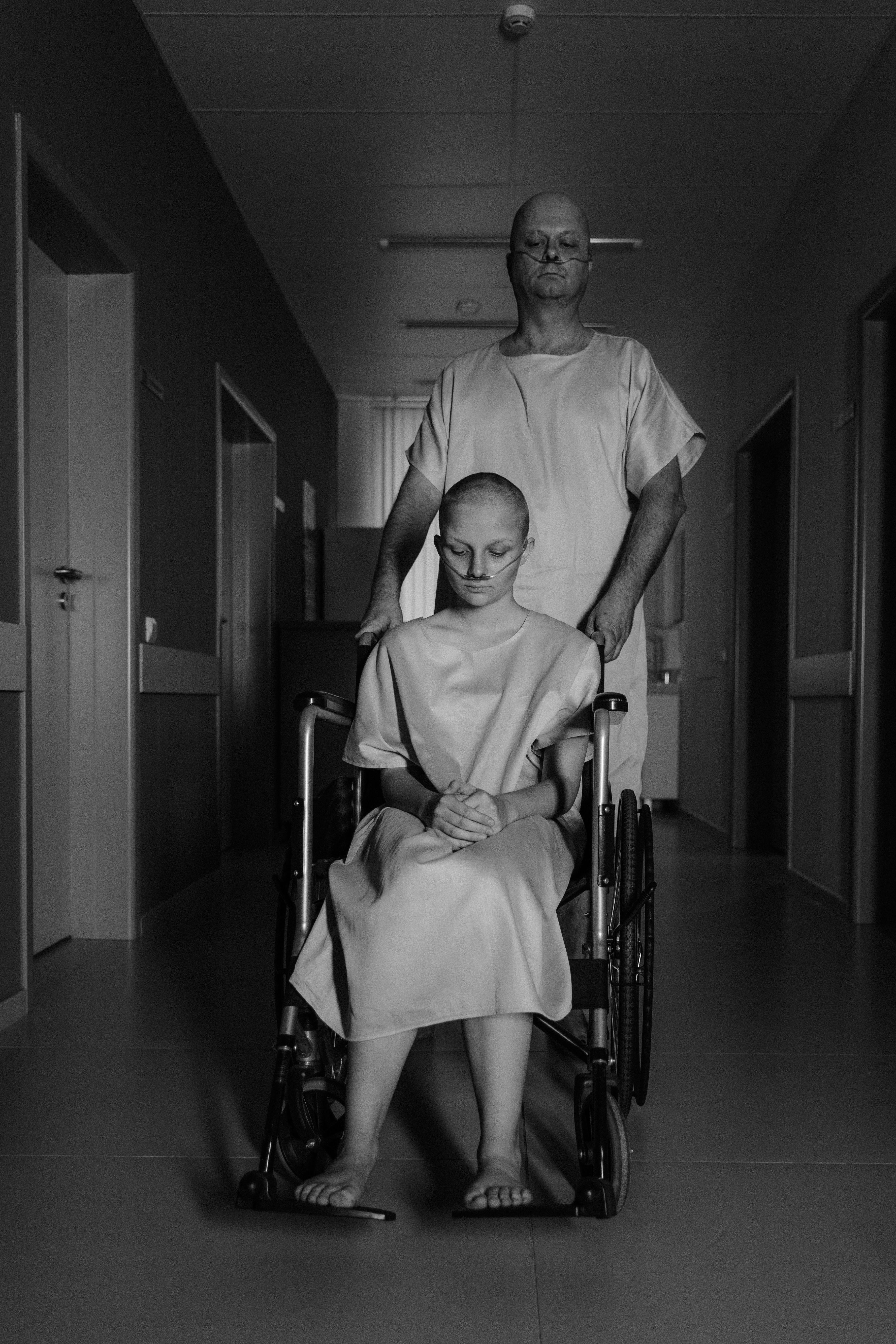
The Wild World of Clinical Trials: What You Should Know (But Maybe Don’t)
Alright, so clinical trials, huh? They’re those fancy science experiments where humans volunteer (or sometimes get volunteered?) to test new drugs, treatments, or medical gizmos. If you ever wonder how new medicines get approved, clinical trials are the big deal behind it all. But, not really sure why this matters, but they can be super confusing and sometimes downright frustrating to understand. So, I’m going to try and break down clinical trials phases and their importance without making it sound like a textbook. Spoiler: there will be some grammar slip-ups, because hey, nobody’s perfect.
What Exactly Are Clinical Trials?
In simple words, clinical trials are research studies that involve people to test new medical interventions. They ain’t just about pills; sometimes they test procedures, devices, or behavioral changes. These trials aim to find out if a treatment is safe or effective — or both (hopefully!).
| Term | Meaning |
|---|---|
| Phase 1 clinical trials | Tests safety on small group of healthy people |
| Phase 2 clinical trials | Checks effectiveness on patients with condition |
| Phase 3 clinical trials | Larger group to confirm results and monitor side effects |
| Phase 4 clinical trials | Post-marketing studies after drug approval |
Yeah, that’s a lot to take in, but it gives you an idea where things are headed.
Why Do People Join Clinical Trials Anyway?
Some folks join clinical trials to help others, some want access to new treatments early, and there’s always that “I trust science” crowd. Or maybe it’s just me, but I feel like some people just do it ‘cause they got nothing better to do. Who knows?
Here is a quick list why participants hop in:
- Access to cutting-edge treatments
- Closer monitoring by medical staff
- Helping future patients
- Sometimes, monetary compensation (cha-ching!)
The Messy Reality Behind The Scenes
Clinical trials aren’t all sunshine and rainbows. You got to deal with paperwork that would make a lawyer weep, strict rules that can frustrate even the calmest person, and sometimes side effects that you won’t want to deal with.
For example, check this out:
| Problem | What It Means For You |
|---|---|
| Long waiting periods | You gotta wait months, sometimes years, for results |
| Placebo effect | Sometimes you get a sugar pill instead of real drug |
| Drop-out rates | Many quit early, making results less reliable |
| Ethical concerns | Who decides if a trial is safe enough to start? |
Not to scare you, but it’s a jungle out there. And don’t even get me started on how the results sometimes get twisted by companies who want to sell stuff.
Few Practical Tips If You Want To Join a Clinical Trial
Look, if you thinking “Hey, this sounds interesting,” here are some things you should keep in mind:
- Do your homework — Research the trial, the sponsor, and the treatment being tested.
- Ask questions — Lots of them! Don’t be shy about side effects, benefits, or what happens if you quit early.
- Read the consent form carefully — Yes, it’s boring, but it’s super important.
- Consider your lifestyle — Some trials require you to visit the clinic many times, which might mess with your daily life.
- Know your rights — You can leave a trial anytime without penalty (but tell ’em why, please).
A Quick Table On Common Clinical Trial Types
| Trial Type | Description | Example |
|---|---|---|
| Randomized Controlled Trial (RCT) | Participants randomly assigned to groups | Testing a new cancer drug vs placebo |
| Observational Study | Researchers observe without intervening | Tracking disease progression |
| Double-Blind Trial | Neither participants nor researchers know who gets what | Reduces bias in results |
| Open-Label Trial | Both parties know the treatment given | Sometimes used in later phases |
Final Thoughts (Because We All Need Them)
So, clinical trials are kinda like an adventurous rollercoaster ride you sign up for without knowing exactly when it ends or what drops you’ll face. They are essential for medical progress, but also full of uncertainties and risky biz. Maybe it’s just me, but I think the whole process could use a bit more transparency and less jargon.
If you ever come across a chance to join a clinical trial, remember to weigh the pros and cons (
The Role of Randomized Controlled Trials in Transforming Modern Medicine
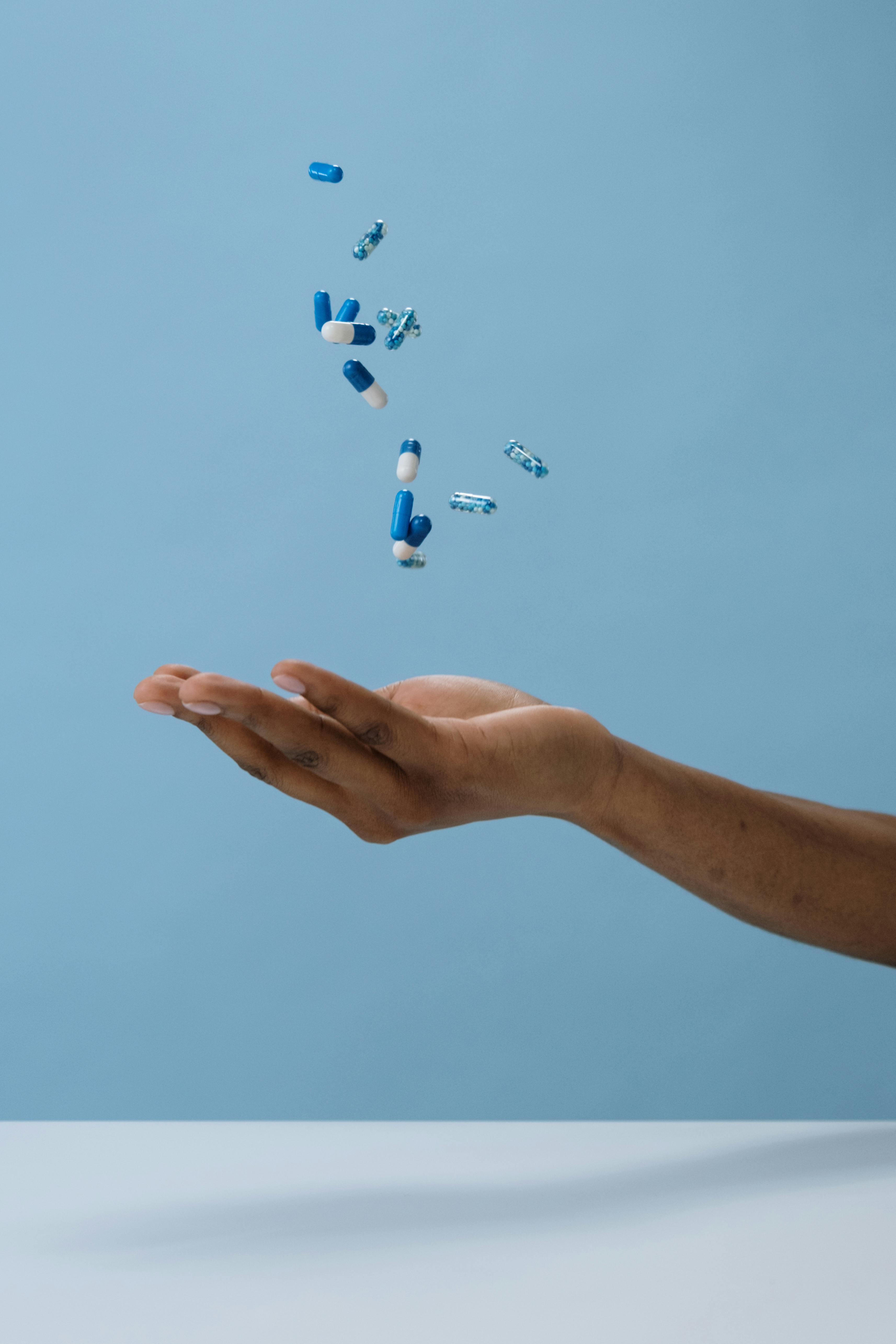
Everything You Need to Know About Clinical Trials (Or Maybe Not So Much)
Alright, so you wanna know about clinical trials? Well, buckle up, because this stuff ain’t as simple as it sounds. Clinical trials is basically these fancy experiments where doctors and scientists test new medicines or treatments on people. Sounds exciting, right? Or maybe terrifying, depends if you like poking around with unknown drugs in your body. Anyways, let’s dive in.
What’s a Clinical Trial Anyway?
A clinical trial is a research study that tries to find out if a medical strategy, treatment, or device is safe and effective for humans. Sounds neat, but here’s the catch: they do this in phases, like a video game level or something. The phases are:
| Phase | What They Do | Number of Participants |
|---|---|---|
| 1 | Tests safety and dosage | 20 to 100 healthy volunteers |
| 2 | Tests effectiveness and side effects | Several hundred patients |
| 3 | Confirms effectiveness, monitors side effects | Thousands of patients |
| 4 | Post-marketing surveillance | Millions (after approval) |
Not really sure why this matter so much, but apparently, skipping a phase is a big no-no or else you might end up with a drug that causes more harm than good. Like, remember that one drug that was supposed to cure headaches but made people grow extra limbs? Ok, maybe I made that up, but you get the point.
Why Participate in Clinical Trials?
Some people join clinical trials because they wanna help science, others because they don’t have many options left with their illness. It’s like signing up for a roller coaster without knowing if the brakes work. A few reasons why people join:
- Access to new treatments before they’re available to the public
- Free medical care related to the study
- Helping others by contributing to scientific knowledge
But hey, it ain’t all sunshine and rainbows. Risks and side effects can be scary. You might get a placebo (which is just a sugar pill, no real medicine), or the treatment might not work for you at all.
Types of Clinical Trials
Clinical trials don’t just test drugs. There are many kinds, including:
- Treatment Trials – Testing new drugs or therapies.
- Prevention Trials – Trying to find ways to prevent disease.
- Diagnostic Trials – Checking better ways to diagnose diseases.
- Screening Trials – Figuring out the best way to detect certain diseases early.
- Quality of Life Trials – Improving comfort and life for patients.
Here’s a simple list of what happens in a typical clinical trial process:
- Recruitment of participants
- Pre-screening and consent forms (lots of paperwork, ugh)
- Randomization (you might get the treatment or placebo)
- Treatment phase (you get poked, prodded, and monitored)
- Follow-up (they stalk you for months or years)
Practical Insight: How to Choose a Clinical Trial to Join
Finding the right clinical trial can feel like looking for a needle in a haystack. Here’s a quick checklist that maybe helps:
| Step | What to Consider |
|---|---|
| Eligibility | Age, gender, medical history |
| Location | How far you willing to travel? |
| Risks and Benefits | What could go wrong? What’s the upside? |
| Trial Phase | Early phases riskier, later phases safer |
| Contact Information | Who to call if you have questions? |
Not saying it’s easy, but at least this way, you not just blindly jumping into something.
Fun Fact (or Maybe Not)
Did you know that many drugs actually fail during clinical trials? Like, over 90% of new drugs never get FDA approval. That’s a lot of wasted time and money. Maybe it’s just me, but I feel like the odds are stacked against these new treatments sometimes.
Summary Table of Pros and Cons of Participating in Clinical Trials
| Pros | Cons |
|---|---|
| Early access to new treatments | Unknown side effects |
| Close monitoring by medical staff | Time-consuming and frequent visits |
| Contribution to medical research | Possible placebo group participation |
Final Thoughts
So, what’s the big deal about clinical trials? Well, they are essential for medical progress, no doubt. But they come with uncertainties and risks that not everyone wants to take. Plus, the whole process can be confusing with all the jargon and paperwork. If you ever considering joining one, make sure to ask lots of questions and understand what you’re getting into. Because at the end of the day, your
How AI and Big Data Are Revolutionizing Clinical Trial Design and Outcomes
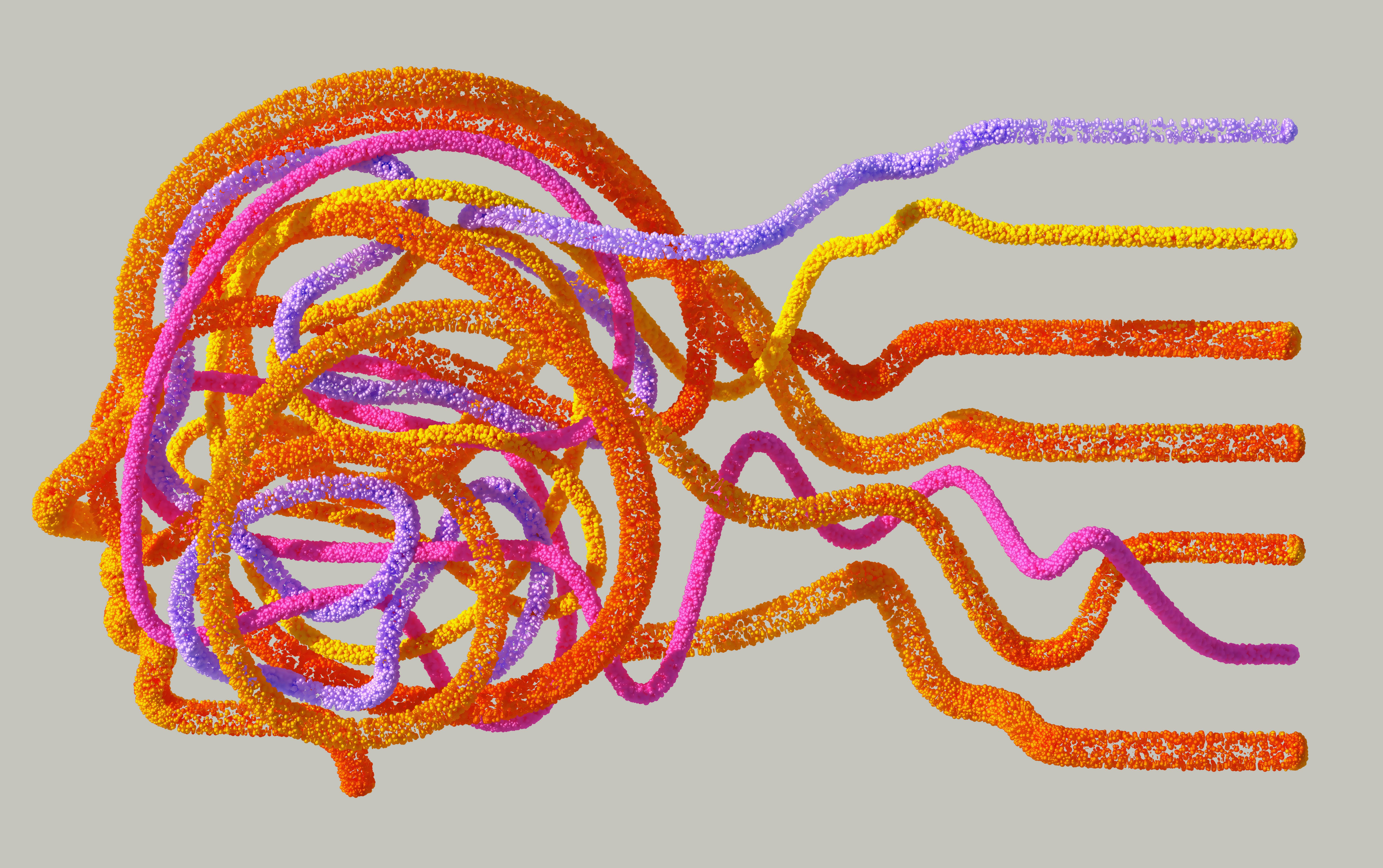
The Wild World of Clinical Trials: What You Probably Don’t Know (Or Care About)
Alright, let’s dive into the murky waters of clinical trials for new drugs — a topic that sounds super boring but actually is kinda important if you think about it. Now, I’m not really sure why this matters, but millions of people get involved in these things every year, hoping to get better or just to help science. But what the heck even is a clinical trial? And why does it take forever?
What Are Clinical Trials, Anyway?
In simple words, clinical trials are tests done on humans to check if a new treatment or drug works and is safe. They’re like the ultimate “try before you buy” but for medicine. Not really rocket science, but somehow it gets complicated real quick. These trials usually have multiple phases, kinda like levels in a video game, but with more paperwork and less fun.
| Phase | What Happens | Number of Participants | Duration |
|---|---|---|---|
| Phase 1 | Safety testing, small group | 20-100 | Several months |
| Phase 2 | Effectiveness and dosing | 100-300 | Several months |
| Phase 3 | Large scale testing, side effects | 1,000-3,000 | 1-4 years |
| Phase 4 | Post-marketing surveillance | Thousands | Ongoing |
Maybe it’s just me, but I feel like waiting 4 years to know if a pill works is kinda like watching paint dry — except the paint could save your life, so… yeah, priorities.
Why Do Clinical Trials Take So Long?
It’s not just because scientists like to talk a lot or because the paperwork is endless (although those are big part of it). The truth is, testing drugs on people is risky business. They have to make sure the drug doesn’t kill you or turn you into a zombie before it goes public. Plus, recruiting people for patient participation in clinical trials is a nightmare. People are either scared, too busy, or just don’t wanna be guinea pigs.
Here’s a quick list of reasons why clinical trials drag:
- Regulatory approvals take forever
- Finding enough participants is like searching for a unicorn
- Data collection and analysis is super complex
- Side effects can pop up anytime, slowing down the process
- Sometimes trials fail and they have to start over (ouch)
Seriously, imagine if every time you tried a new recipe, you had to test it on hundreds of people before serving it at a dinner party.
The Good, The Bad, and The Ugly of Clinical Trials
Not everything in clinical trials is doom and gloom. On the bright side, these trials help bring new cures and treatments that can literally save lives. Without them, we’d still be stuck with ancient remedies like leeches and magic potions, which, honestly, maybe weren’t that bad?
But there are some downsides too:
- Participants may experience unexpected side effects — sometimes worse than the disease itself.
- The whole process can be biased if the trials doesn’t include diverse people.
- Costs are insanely high, which means new drugs can be super expensive.
- Ethical dilemmas pop up, like placebo use — giving some patients sugar pills while others get the real deal. Not very nice, huh?
Real Talk: Should You Join a Clinical Trial?
If you or a loved one is sick and conventional treatments aren’t cutting it, clinical trials might be an option. But, heads up, it’s not for everyone. You might get the new wonder drug, or you might get a placebo, or worse, something that makes you feel crappier.
Here’s a quick cheat sheet to help you decide:
| Pros | Cons |
|---|---|
| Access to new treatments early | Risk of unknown side effects |
| Close monitoring by medical pros | Time consuming and frequent visits |
| Contributing to science | May not get the treatment at all |
| Sometimes costs are covered | Emotional and physical toll |
I know, I know, it’s a tough call. But hey, if you’re into helping the future while maybe helping yourself, why not?
How To Find Clinical Trials? (Without Going Insane)
If you want to jump into the world of clinical trials near me or maybe find some info on clinical trials recruitment, here’s a little guide for ya:
- Check online databases. Websites like ClinicalTrials.gov have a huge list of ongoing trials.
- Ask your doctor. Sometimes your healthcare provider knows about trials but forgot to mention them.
- Look for local hospitals or research centers. They often run trials and might be looking for volunteers
5 Surprising Benefits of Participating in Clinical Trials for Patients and Researchers
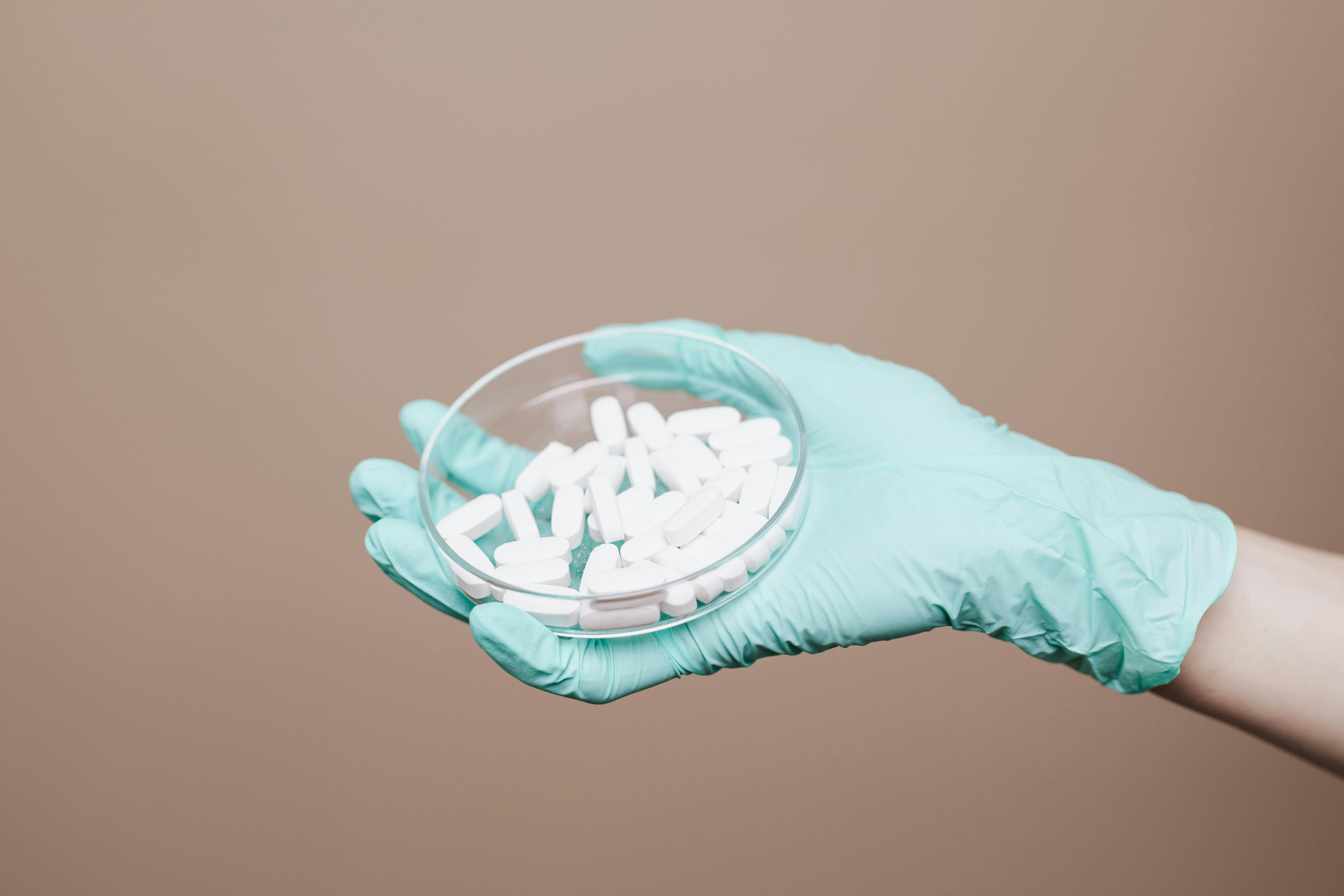
The Weird and Wonderful World of Clinical Trials: What You Should Know (Or Not Really)
So, you wanna hear about clinical trials? Well, buckle up buttercup, because this ain’t your usual science lecture. Clinical trials are like this big deal in medicine where they test new drugs, treatments, or medical devices on people. Yeah, sounds fancy, but honestly, it’s kinda like a big experiment with humans — scary or exciting, depends on who you ask.
What Are Clinical Trials Anyway?
Clinical trials, for the ones who don’t know, are research studies that try to figure out if a new treatment is safe and effective. They usually go through multiple phases (like 1, 2, 3, and sometimes 4), each one with different goals and participants. Not really sure why this matters, but apparently, they have to follow strict rules or someone might get into big trouble.
| Phase | Purpose | Number of Participants | Duration |
|---|---|---|---|
| 1 | Test safety and dosage | 20-100 | Several months |
| 2 | Check effectiveness and side effects | 100-300 | Months to years |
| 3 | Confirm effectiveness, monitor side effects | 1,000-3,000 | 1-4 years |
| 4 | Post-marketing surveillance | Thousands | Ongoing |
This table kinda shows the different phases and stuff, so you can see how big the deal it be. Each phase has it’s own set of challenges and risks, but hey, that’s science for ya.
Why Should You Care About Clinical Trials?
Maybe it’s just me, but I feel like people don’t really understand why participating in clinical trials for new medications matters. It’s not just about the fancy drugs; it’s about helping future patients get better treatments. Plus, if you join a trial, you might get access to cutting-edge therapies before they hit the market — kinda like being part of an exclusive club.
However, it’s not all sunshine and rainbows. Sometimes, treatments don’t work or have side effects nobody expected. So, it’s a gamble, and not everyone’s cup of tea.
Types of Clinical Trials You Might Encounter
There’s more than one flavor of clinical trials, believe it or not. Here’s a quick rundown:
- Interventional Trials: Where participants get assigned to treatments to see the effects.
- Observational Trials: Researchers just watch how certain conditions or treatments affect people without changing anything.
- Prevention Trials: Designed to find better ways to prevent diseases.
- Screening Trials: Look for better ways to detect diseases early.
- Quality of Life Trials: Focus on improving comfort and daily living for people with chronic illnesses.
I wonder why they don’t just call them “fun trials” or “boring trials” instead, but hey, that’s science for you.
The Process: From Signing Up to Results
Joining a clinical trial isn’t like signing up for Netflix. There’s a whole process involved, including informed consent (which sounds way scarier than it is), screenings to see if you qualify, and close monitoring. Here’s a quick checklist of what you might go through:
- Initial Screening: Are you healthy enough or sick enough?
- Informed Consent: You get told all the risks (and benefits, maybe).
- Baseline Tests: Doctors measure your starting point.
- Treatment or Observation: You get the drug or treatment, or just observed.
- Follow-Up: Researchers check for side effects or improvements.
- Final Assessment: Determine if the treatment worked or not.
Not every trial is the same, and some require longer commitments than others, so think twice before signing up.
The Data Side of Things: Tables and Figures Galore
If you ever read a clinical trial report, you’ll notice it’s full of data — numbers, tables, and charts. Here’s a tiny example to make you feel like a real scientist:
| Treatment Group | Number of Participants | Success Rate (%) | Side Effects (%) |
|---|---|---|---|
| Drug A | 500 | 70 | 15 |
| Placebo | 500 | 40 | 5 |
Apparently, these numbers help doctors decide if Drug A is better than nothing (the placebo). But sometimes the stats can be misleading or overhyped. So, don’t just trust the numbers blindly — always ask questions.
The Dark Side: Ethical Issues and Controversies
Clinical trials ain’t perfect. There are some stories about unethical trials where participants weren’t fully informed, or the trials were done in places with poor
Understanding Clinical Trial Eligibility: Who Can Join and Why It Matters
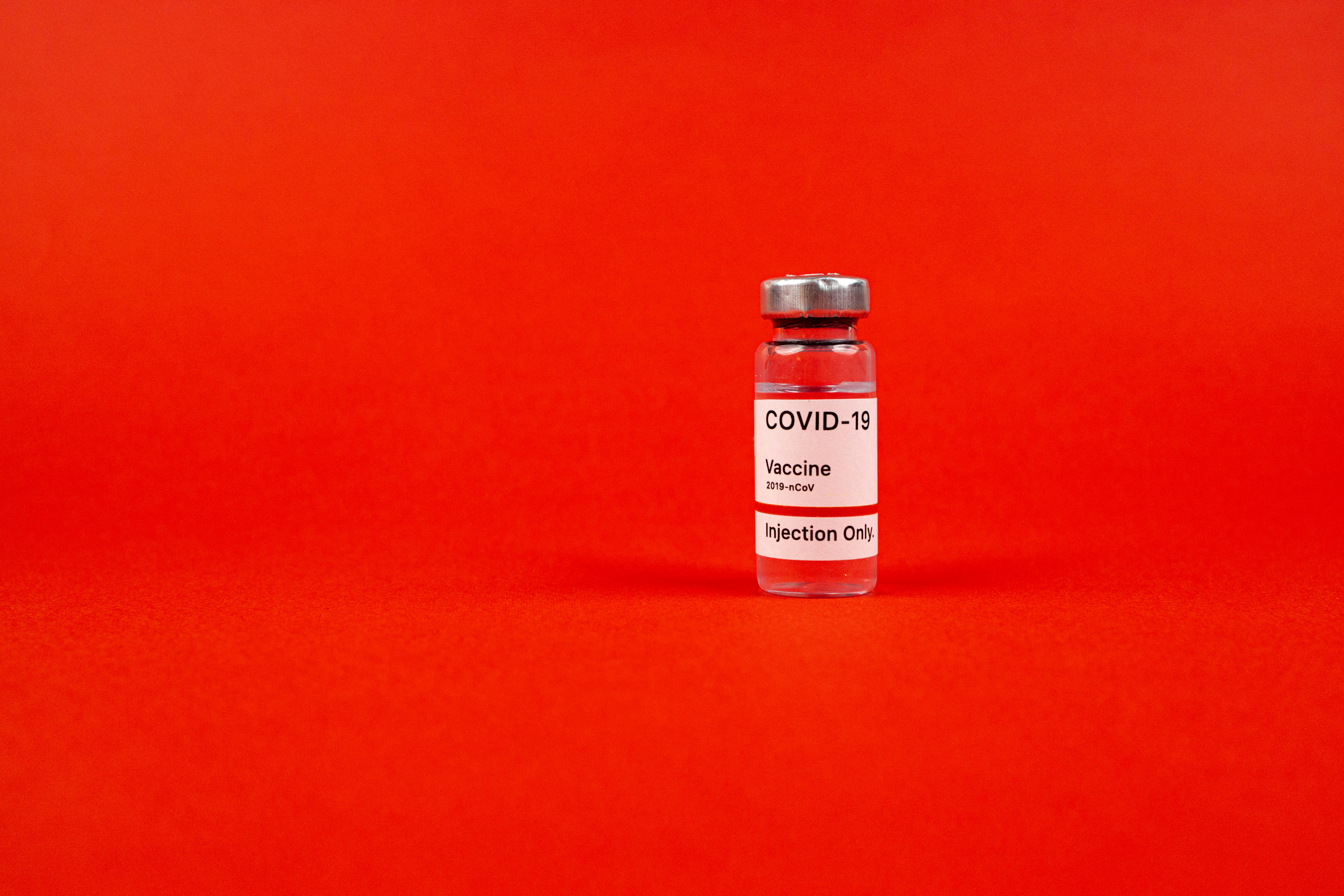
Clinical Trials: What They Are and Why They Sometimes Confuse Us
Alright, so clinical trials, yeah? They’re like this big deal in medicine and health research, but honestly, sometimes it feels like a bunch of mumbo jumbo that no one really explains good enough. So, what exactly are clinical trials? In simple words, clinical trials for drug development are research studies that test how well new medical approaches work in people. These can be new drugs, treatments, or even ways to prevent diseases. But, wait, don’t get me started on the jargon they throw around.
What is a Clinical Trial?
A clinical trial is basically a scientific experiment with human volunteers to check if a new treatment is both safe and effective. Sounds simple enough, right? But the process is quite complicated, with many phases and rules. There are four main phases in clinical trials phases explained that you should know about:
| Phase | Purpose | Number of Participants | Duration |
|---|---|---|---|
| Phase 1 | Test safety and dosage | 20-100 | Several months |
| Phase 2 | Evaluate effectiveness and side effects | Several hundred | Months to 2 years |
| Phase 3 | Confirm effectiveness, monitor side effects | 300-3,000 | 1-4 years |
| Phase 4 | Post-marketing studies, long-term effects | Thousands | Variable |
Not really sure why this matters, but apparently each phase is crucial to make sure nothing goes haywire.
Why People Join Clinical Trials
People participate in trials for many reasons. Some do it because they want access to new treatments not available otherwise, others to help science or even sometimes for the money. But let me tell ya, it ain’t always rainbows and butterflies.
Here’s a quick list of why someone might say “yes” to a trial:
- Access to cutting-edge therapies
- Helping future patients
- Closer medical attention
- Monetary compensation (in some cases)
However, there are risks too. Side effects from the treatment, time commitment, or just plain disappointment if the treatment doesn’t work.
The Not-So-Fun Part: Eligibility and Randomization
One thing that always confuse me (and many others) is the eligibility criteria in clinical trials participant selection process. They can be super strict! You gotta fit specific age groups, have or not have certain conditions, or even be on other medications. Missing just one tiny detail might mean you can’t join.
Also, the randomization process — oh boy. This means participants are randomly assigned to either the treatment group or the control group, sometimes getting a placebo (fake pill). Maybe it’s just me, but it feels kind of unfair to get a sugar pill when you signed up hoping for a miracle cure.
Practical Insights – How to Navigate Clinical Trials
If you’re thinking about joining a clinical trial for cancer treatment (or any other, really), here are some tips that might help you out:
- Research thoroughly: Use sites like ClinicalTrials.gov to find trials that fits your condition.
- Ask questions: Don’t be shy about asking the researchers everything you wanna know — risks, benefits, what happens if you quit.
- Consider the location: Some trials require frequent hospital visits, so think about your schedule and travel.
- Understand the consent form: This is the legal stuff you gotta sign. Make sure you read and understand it — even if it sounds like a novel.
- Check support systems: Having family or friends who can support you during the trial can make a big difference.
Common Misconceptions About Clinical Trials
| Misconception | Reality |
|---|---|
| Clinical trials are only for desperate patients | Many healthy volunteers participate too. |
| You always get the new treatment | Nope, you might get a placebo or standard care. |
| Trials are dangerous | They have strict safety protocols, but there are risks. |
| You get paid a lot | Payment varies, often modest or none at all. |
The Future of Clinical Trials
With technology advancing, the way we conduct clinical trials in modern medicine is changing too. Virtual trials, where participants can join remotely, are becoming more popular. This is great because it opens doors for people who can’t travel far. Wearable devices that monitor health in real-time are also used more often — kinda like having a doctor on your wrist 24/7.
Still, the whole process can be frustratingly slow and expensive. Not really sure why this matters, but it sometimes feels like breakthroughs take forever to reach patients.
How Clinical Trials Are Shaping the Future of Personalized Medicine in 2024

The Weird and Wonderful World of Clinical Trials: What You Probably Didn’t Know
Alright, so let’s talk about clinical trials for new medications — those things that sound all science-y and serious, but honestly, they can be quite a rollercoaster ride. Now, I’m not really sure why this matters, but you gotta know that clinical trials are like the ultimate test ground before any drug hits your local pharmacy shelf. Without them, well, you’d be popping pills that might just be sugar. Or worse, poison! Yikes.
What Are Clinical Trials, Anyway?
Simply put, clinical trials are studies where researchers try out new medicines, treatments, or devices on humans to see if they work and safe (yeah, safe is a big deal). But, the thing that most people don’t realize is there’s not just one type of clinical trial. Nope, there are several phases, each with their own quirks and drama.
| Phase | What Happens Here | Number of Participants | Main Goal |
|---|---|---|---|
| 1 | Testing safety and dosage | 20-100 | Find out if the treatment is safe |
| 2 | Effectiveness and side effects | Few hundred | See if it works |
| 3 | Confirm effectiveness, monitor side effects | Thousands | Compare with current treatments |
| 4 | Post-marketing surveillance | Varied | Long-term effects and usage |
Maybe it’s just me, but I feel like phase 1 sounds like the most nerve-wracking part. Imagine being one of the first people ever to try something new! It’s like being a guinea pig, but with more paperwork and less carrots.
Why Do People Join Clinical Trials?
You might think: “Why on earth would someone volunteer for that?” Well, turns out, there are bunch of reasons. Some folks want to help science, others are out of options because their current treatments ain’t working. And some, just want to get access to cutting-edge treatments that ain’t available anywhere else (sometimes this works, sometimes… not so much).
Here’s a quick list of common reasons people join:
- Access to new treatments before public release
- Contribute to medical research and help others
- Closer monitoring and care from medical professionals
- Sometimes compensation (money, travel expenses)
But, keep in mind, not every clinical trial is sunshine and rainbows. Risks are definitely involved, and sometimes you might get a placebo instead of the real thing. Yeah, placebo — basically a sugar pill that’s supposed to trick your brain.
The Not-So-Glamorous Side
Clinical trials can be super strict and demanding. Participants often have to follow complicated schedules, go through endless tests, and fill out forms that could probably fill up a small novel. Plus, there’s always that nagging worry: “What if this new drug does more harm than good?”
Some practical insights for anyone thinking about joining a clinical trial:
- Always ask about the potential risks and benefits of clinical trials before signing up.
- Check if the trial is registered on official platforms like ClinicalTrials.gov.
- Understand what kind of follow-up will be involved after the trial ends.
- Consider discussing with your primary healthcare provider.
Fun Fact Time!
Did you know that the whole process of clinical trials can take years? Like, sometimes a decade or more before a drug reaches you? If you’re impatient like me, that sounds like forever. The reason is, well, they need to be super sure that the drug works, doesn’t cause major side effects, and is better than what’s already out there.
Common Misconceptions About Clinical Trials
| Myth | Reality |
|---|---|
| You always get the experimental drug | Sometimes you get placebo |
| Clinical trials are only for desperate patients | Many healthy volunteers participate |
| It’s dangerous to be in a trial | Risks exist, but safety is closely monitored |
| Trials are only for cancer or rare diseases | Trials cover a huge range of conditions |
Not gonna lie, some of these myths probably scare people away unnecessarily. Like that whole “dangerous” thing — sure, some risks exist, but the whole point is to minimize them and learn from any problems that pop up.
The Future of Clinical Trials: What’s Next?
With the rise of technology, the world of clinical trials is starting to change. We’re talking about virtual clinical trials where people can participate from home, and AI helping to match patients to the right trials faster. Sounds like sci-fi, right? But it’s happening.
Here’s a quick glance on how future trials might look:
- Use of wearable tech to monitor patients remotely
- More personalized medicine, based on genetics
- Faster data analysis with machine learning
- Increased diversity
The Impact of Clinical Trials on Rare Disease Treatments: Breakthroughs You Should Know

Clinical Trials: What They Really Are and Why You Should Care (Or Not)
So, let’s dive in the world of clinical trials — those fancy science experiments that doctors and researchers run to test new medicines or treatments. Not really sure why this matters, but apparently, these trials are kinda important for making sure that new drugs doesn’t kill us or make things worse. Sounds simple enough, right? Yet, the whole process is more complicated than assembling IKEA furniture without the instructions.
What Are Clinical Trials, Anyways?
In short, clinical trials in medical research are studies where human volunteers get involved to test new drugs, devices, or ways to treat diseases. The main goal is to find out if something works and is safe. But here’s the catch — these trials go through multiple phases, which can be confusing, so let me break it down:
| Phase | What Happens | Number of Participants | Goal |
|---|---|---|---|
| Phase 1 | Tests safety and dosage | 20-100 | Is it safe and how much to use? |
| Phase 2 | Looks at effectiveness and side effects | Several hundred | Does it work and safe long-term? |
| Phase 3 | Compares new treatment to standard | Thousands | Confirm benefits and monitor risks |
| Phase 4 | Post-marketing surveillance | Public | Long-term effects and rare side effects |
See? It’s like leveling up in a video game, but instead of defeating dragons, scientists fight diseases.
Why People Join Clinical Trials (or Don’t)
You might think, “Hey, I can be a hero by joining a clinical trials for cancer patients,” but actually, joining these trials isn’t always a walk in the park. Some people join because they want access to new treatments that aren’t available otherwise, while others do it for the money (who doesn’t like a little cash?). On the flip side, some folks avoid it because they’re scared of being a guinea pig, or because the whole consent forms look like they were written by lawyers on caffeine.
Here’s a quick list of pros and cons, because who doesn’t love lists?
Pros:
- Access to cutting-edge treatments
- Close monitoring by healthcare professionals
- Contribute to science and help future patients
Cons:
- Possible side effects unknown yet
- Time-consuming and sometimes inconvenient
- No guarantee that treatment works
The Messy Reality of Clinical Trial Data
Now, maybe it’s just me, but I feel like the data from clinical trials in pharmaceutical industry could be as messy as my grandma’s attic. Sometimes results are published, sometimes they are kept hidden (hello, publication bias!), and sometimes the data looks like it was cooked up over a late night pizza party. For instance, trials sponsored by drug companies might have a little more sparkle on their results than independent studies. Not accusing anyone, just saying…
Practical Insights: What To Look For If You Consider Joining
If you ever find yourself thinking about joining a trial, here’s some practical stuff you should consider before signing on the dotted line:
| Question to Ask | Why It Matters |
|---|---|
| What phase is the trial in? | Early phases riskier but may offer benefits |
| What are the possible side effects? | You don’t want surprises later |
| How long will I be involved? | Some trials last months or years |
| Who’s sponsoring the trial? | Company motives might influence data |
| What happens if I want to quit? | You have rights, don’t get trapped |
Common Misconceptions About Clinical Trials
Okay, let’s bust some myths because misinformation is everywhere like squirrels in a park:
- Only sick people join trials. Nope! Sometimes healthy volunteers participate, especially in early phases.
- Trials are always dangerous. They do carry risks, but safety is a top priority, and many people finish without any issues.
- You get a free treatment guarantee. Not really; sometimes you get placebo (aka sugar pill) and might not get the actual drug.
- You’ll be forced to stay in the trial. Nope again, you can drop out anytime — they can’t chain you down.
Quick Tips to Navigate The World of Clinical Trials
- Use trusted websites like clinicaltrials.gov to find trials near you.
- Talk to your doctor before deciding anything (they might have insights).
- Read the consent forms carefully, maybe twice.
- Ask questions until you feel comfortable, no matter how silly you think they are.
- Don’t believe everything you read online — some info is just plain wrong or outdated.
Final Thoughts: Are Clinical Trials Worth It?
Honestly, the answer depends on who you
Ethical Considerations in Clinical Trials: Ensuring Patient Safety and Data Integrity
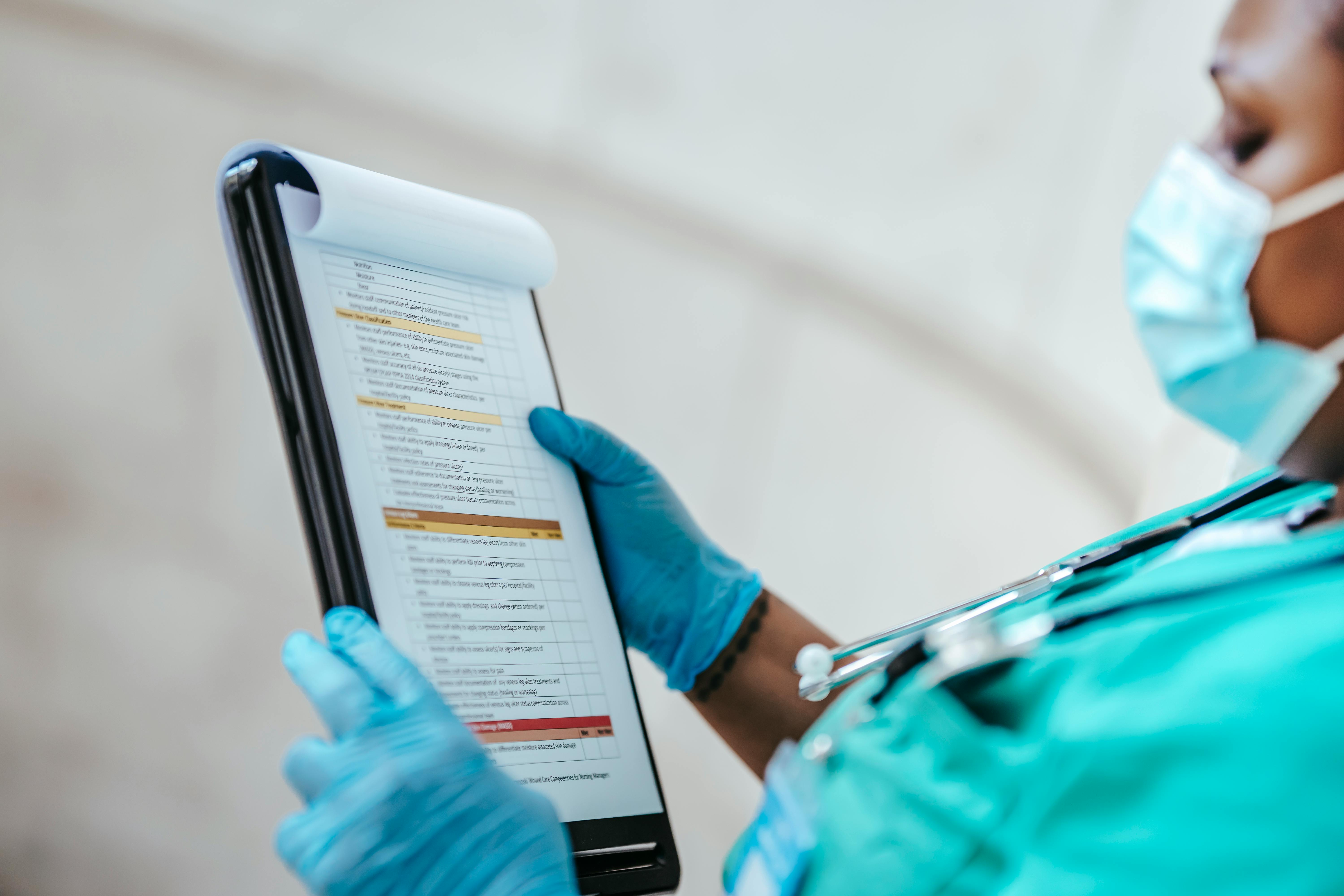
Understanding Clinical Trials: More Than Just Science Experiments?
Alright, let’s talk about clinical trials — those mysterious, and sometimes scary, steps before any new medicine hit your local pharmacy or hospital. Not really sure why this matters, but these studies are basically how scientists test if a new drug or treatment actually works and is safe for people. Sounds simple enough, right? Well, it’s a bit messier than that, and honestly, sometimes it feels like a never-ending maze with too many rules nobody really understand.
What Exactly Are Clinical Trials?
In the most basic sense, clinical trials for new drugs are research studies involving human volunteers. They try to figure out if a treatment does what it supposed to do without causing too many problems. But, you know, the devil’s in the detail. These trials are divided into phases, each one testing different things:
| Phase | Purpose | Number of Participants | Duration |
|---|---|---|---|
| 1 | Safety and dosage | 20-100 | Several months |
| 2 | Efficacy and side effects | Hundreds | Several months to 2 years |
| 3 | Confirm effectiveness, monitor side effects | Thousands | 1-4 years |
| 4 | Post-marketing surveillance | Variable | Ongoing |
Maybe it’s just me, but I feel like these phases sometimes overlap or get blurred, especially when you read about them online.
Why Should You Care About Clinical Trials?
Well, if you ever had a medical condition that didn’t respond well to normal treatments, you might consider joining one. But before you sign up, it’s important to know that clinical trials in healthcare have strict eligibility criteria. They don’t just let anyone in. And that’s a good thing, kinda. They want to make sure the results are reliable but also, sometimes, it feels like they’re just keeping people out for no good reason.
One thing that puzzled me is how different countries run their clinical trials regulations. The US, EU, and Asia all have their own rules, making it a headache for pharmaceutical companies to conduct global trials. Imagine trying to keep up with all those laws — no wonder drug prices are sky-high!
Practical Insights for Participants
So, you thinking about participating? Here’s a quick checklist you might wanna consider:
- Understand the purpose of the trial.
- Know the potential risks and benefits.
- Ask about the duration and what commitment expected.
- Check if the study covers your medical expenses.
- Get details on privacy and data usage.
Honestly, sometimes the consent forms are so long and full of legal jargon, you might just nod and sign without reading. Guilty as charged!
Common Misconceptions About Clinical Trials
People often think that clinical trials for rare diseases are easy to find and join, but no. Due to the rarity, finding enough participants is a huge challenge. So if you’re hoping to be a hero in a rare disease trial, patience is key.
Also, not all trials are double-blind or placebo-controlled, which many believe is the gold standard. Some trials are open-label, meaning both the researchers and participants know what treatment is given. Not really sure why this matters, but it does affect how the results should be interpreted.
A Sarcastic Take on the Process
Now, if you think clinical trials are a walk in the park, think again. Ever heard of “randomization”? It’s where you might get the actual drug or just a sugar pill (placebo). It’s like flipping a coin, but your health is on the line. Fun times, right? And sometimes, after all that waiting and hoping, the drug fails. Back to square one.
Long Tail Keywords You Might Wanna Know
Before we wrap up, here’s a quick list of long tail keywords related to clinical trials that might be useful if you’re googling this stuff:
- clinical trials phases and their importance
- how to participate in clinical trials safely
- benefits and risks of clinical trials in medicine
- clinical trials regulations across different countries
- clinical trials for rare diseases recruitment
Final Thoughts (Or Whatever)
To sum it all up, clinical trials in medical research are complicated but necessary. They’re not perfect, sometimes frustrating, and definitely not quick. But without them, new treatments wouldn’t get approved and people wouldn’t get better. Maybe it’s just me, but the whole thing still feels like a gamble disguised in science. If you ever get the chance to join one, do your homework, ask questions, and don’t be shy to say no if it doesn’t feel right.
So next time you hear about a new drug coming to market, remember the long, bumpy road
Clinical Trials vs. Traditional Treatments: Which Offers Better Medical Outcomes?
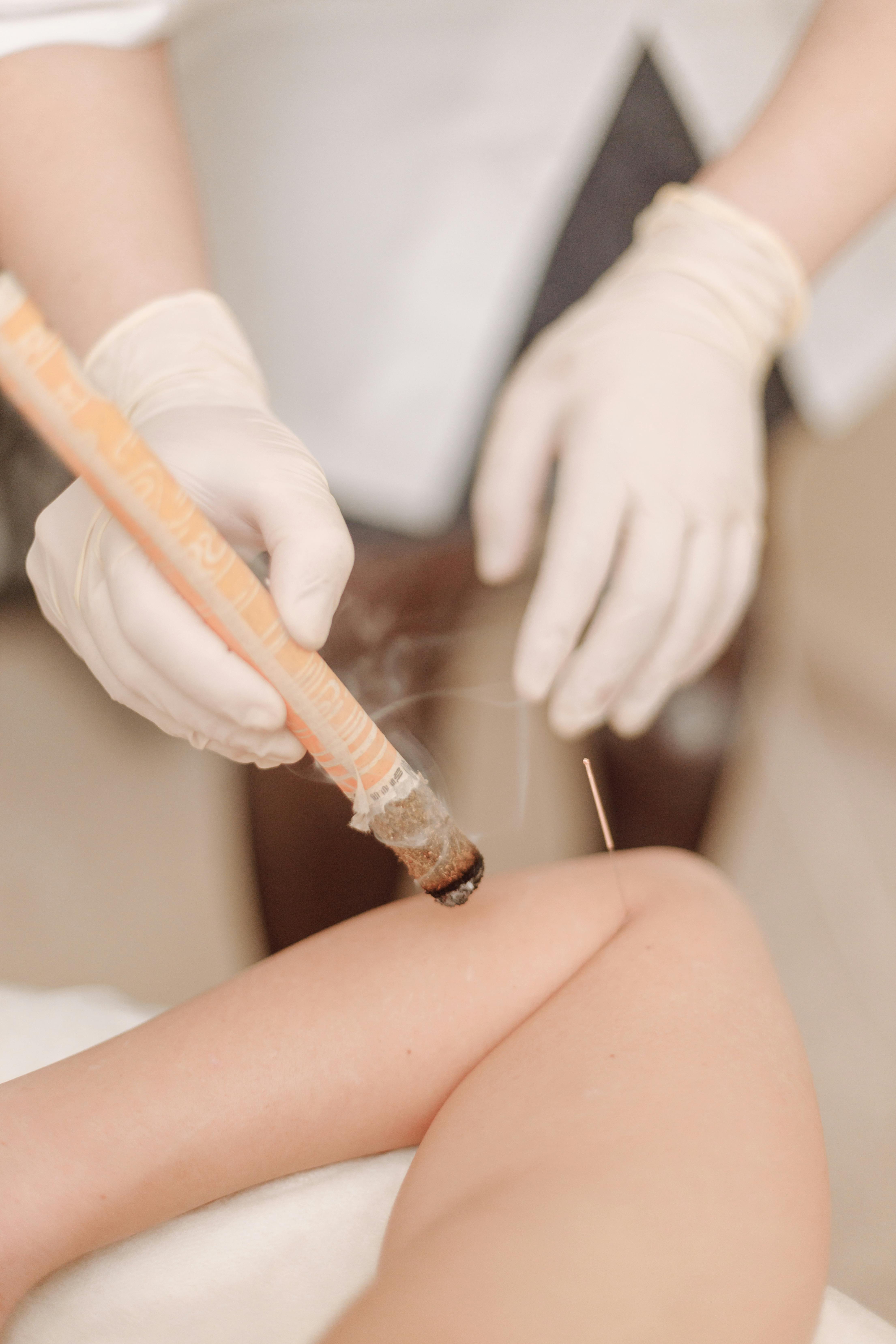
Clinical Trials: What’s the Big Deal Anyway?
Clinical trials, huh? They always sounds so serious like some big science experiment, but maybe it’s just me, but I feel like most people doesn’t really know what it actually involves. So, let’s dive in and try to make some sense out of this clinical trials for new drugs stuff without sounding like a boring textbook. Spoiler alert: it’s complicated, messy, and kinda fascinating.
What Are Clinical Trials, Really?
In the simplest way to say it, clinical trials are research studies that tests new medical approaches in people. These can be new drugs, devices, or even different ways to use existing treatments. But here’s the kicker — not all clinical trials are the same. There are different phases of clinical trials, each with their own goals and kinda fancy names.
| Phase | Purpose | Number of Participants | Duration |
|---|---|---|---|
| 1 | Safety and dosage | 20-100 | Several months |
| 2 | Effectiveness and side effects | Few hundred | Several months to 2 years |
| 3 | Confirm effectiveness, monitor side effects | Hundreds to thousands | 1-4 years |
| 4 | Post-marketing surveillance | Thousands | Ongoing |
Not really sure why this matters, but knowing the phase helps you understand what kind of risks or benefits might be involved. For example, phase 1 is like the “let’s see if it kills anyone” phase (dramatic, I know), and phase 3 is more like “okay, we think this works, but let’s check with a big group.”
Why People Even Join These Trials?
You might wonder, why would anyone volunteer to be part of a medical clinical trials? Well, some people wanna help science, others are desperate for treatment that doesn’t suck, and some just wanna get free healthcare (not that I blame them). But beware, it’s not all sunshine and rainbows.
Here’s a simple list of why people join:
- Access to new treatments before they’re widely available
- Close monitoring by medical professionals
- Sometimes compensation or travel reimbursement
- Helping future patients by advancing medical knowledge
But let’s not sugarcoat it, there are risks too. Side effects might be unknown, the treatment might not work, or you might get a placebo (a fake pill, basically). And trust me, nobody wants to be the guinea pig.
The Double-Edged Sword of Placebos
Placebos are these weird little things that look like the real deal but ain’t got no medicine inside. You’ll often hear about placebo-controlled clinical trials where some participants get the treatment and others get a placebo. It’s to make sure the drug is really working, not just a placebo effect (which is a weird psychological thing).
| Pros of Placebos | Cons of Placebos |
|---|---|
| Helps prove drug effectiveness | Ethical concerns about withholding treatment |
| Controls bias in results | Participants may feel cheated |
| Simple and cost-effective | Can cause disappointment or mistrust |
Maybe it’s just me, but sometimes I wonder if it’s fair to give someone a sugar pill when they are sick. But hey, science gotta do what science gotta do.
What You Should Know Before Signing Up
If you thinking about joining a clinical trials near me, there are some important things to keep in mind. It’s not like signing up for a gym membership, it’s more serious.
- Informed Consent: You gonna be given a document explaining all the risks and benefits. Read it, even if it’s boring.
- Eligibility Criteria: Not everyone can join, they pick based on age, health, and other factors.
- Potential Side Effects: Some can be mild, others scary. Ask questions.
- Follow-Up: You’ll be monitored for a long time even after the trial ends.
Fun (or Not So Fun) Facts About Clinical Trials
Let me throw some trivia at you, because who doesn’t love trivia?
- The first ever clinical trial was in 1747 by James Lind who tested citrus fruits for scurvy. Old school, but effective!
- Over 80% of clinical trials fails to show the desired result. Yeah, science is hard.
- It can takes up to 15 years to get a drug from lab to pharmacy shelf.
Quick Checklist for Clinical Trial Participants
Before you jump in, here’s a simple checklist to help you think twice:
| Checklist Item | Yes/No/Maybe |
|---|---|
| Do I fully understand the risks? | |
| Am I willing to be monitored closely? | |
| Have I asked about alternative treatments? |
How Digital Health Technologies Are Streamlining Clinical Trial Recruitment and Monitoring
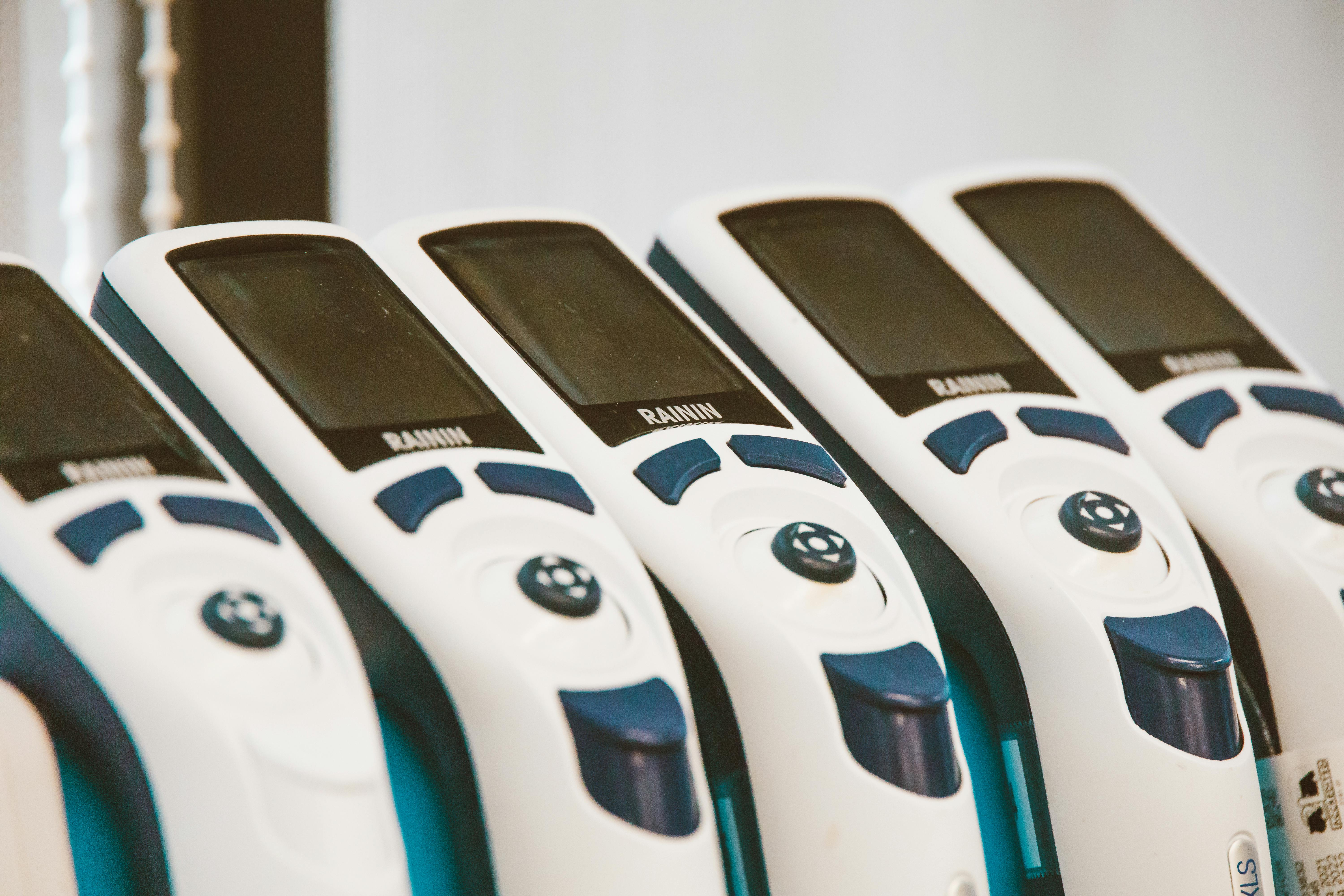
The Weird World of Clinical Trials: What You Probably Don’t Know (But Maybe Should)
Alright, so clinical trials, they are these big fancy experiments with drugs, devices, or treatments that scientists test on people before they make it to the pharmacies near you. Sounds simple enough, right? But trust me, it’s a whole labyrinth of confusing rules, weird side effects, and a bunch of paperwork that nobody really want to read. And yes, you guessed it — this article is gonna dive into the murky waters of clinical trials phases and why you should kinda care.
What Exactly Are Clinical Trials?
Simply put, clinical trials for new drugs are research studies that involve human volunteers. These studies are designed to answer specific questions about the safety and effectiveness of a medication or procedure. But here’s the catch — not all trials are created equally. Some are super small with just a handful of people, while others include thousands from all over the globe.
Maybe it’s just me, but I feel like the whole process could use less jargon and more plain English. Like, why do they have to call it “randomized control trial” instead of just “trial where people are picked by chance”? Who knows.
Phases of Clinical Trials – A Cheat Sheet
| Phase | Purpose | Number of Participants | Typical Duration |
|---|---|---|---|
| 1 | Test safety, dosage, side effects | 20-100 | Several months |
| 2 | Check effectiveness and side effects | 100-300 | Several months to 2 years |
| 3 | Confirm effectiveness, monitor side effects | 1,000-3,000 | 1-4 years |
| 4 | Post-marketing surveillance | Thousands | Ongoing |
Not really sure why this matters, but apparently, many drugs fail at phase 2 or 3, so the whole thing is kind of a gamble. You can think of it like a really slow and expensive lottery, but instead of winning money, you might just get a new pill.
Why People Join Clinical Trials?
One would think people join clinical trials just to get free medicine, but nope, there are many reasons. Some want to help others, some want to try a treatment that might be better than what’s out there, and some just want to feel part of something important. Here’s a quick list:
- Access to new treatments not available to the public
- Closer monitoring by health professionals
- Sometimes, they get paid (not always much though)
- Feeling like a hero in medical research
But beware, joining a trial ain’t all sunshine and roses. Side effects can be unpredictable, and sometimes, you might be put in a placebo group (that means you get a sugar pill instead of the real deal). Imagine signing up for a miracle cure and ending up with a candy.
The Dark Side of Clinical Trials
Okay, so here’s where it gets kinda scary. Clinical trials are supposed to be ethical and safe, but history shows us stories where people was treated like guinea pigs. Plus, the whole thing is often criticized for being biased towards certain populations. For example, many trials mostly include young adults and leave out elderly or pregnant women.
And then there’s the whole mess of clinical trial recruitment challenges. Finding the right people is like trying to herd cats. Trials take forever to fill up because people are scared, or don’t trust the science, or simply don’t know about them. Sometimes, they even offer money that sounds tempting, but people worry about what they might be signing up for.
Practical Insights for Anyone Considering Clinical Trials
If you’re thinking about joining a clinical trial, or just curious, here’s some tips that might save you some headache:
- Do your homework: Learn about the trial, its purpose, and risks.
- Ask questions: Don’t be shy — doctors expect it.
- Check eligibility: Some trials have very strict criteria.
- Understand your rights: You can leave anytime without penalty.
- Look for legit trials: Make sure it’s approved by relevant authorities.
Quick FAQ About Clinical Trials
| Question | Answer |
|---|---|
| Are clinical trials safe? | They are as safe as possible but risks exist. |
| Can I drop out anytime? | Yes, without any consequences. |
| Will I get paid? | Sometimes, but not always. |
| Do I get the treatment for sure? | Nope, you might get a placebo. |
| How long does a trial last? | From months to several years. |
Final Thoughts (Or Ramblings)
So, clinical trials, they’re like
The Global Landscape of Clinical Trials: Trends and Challenges in 2024
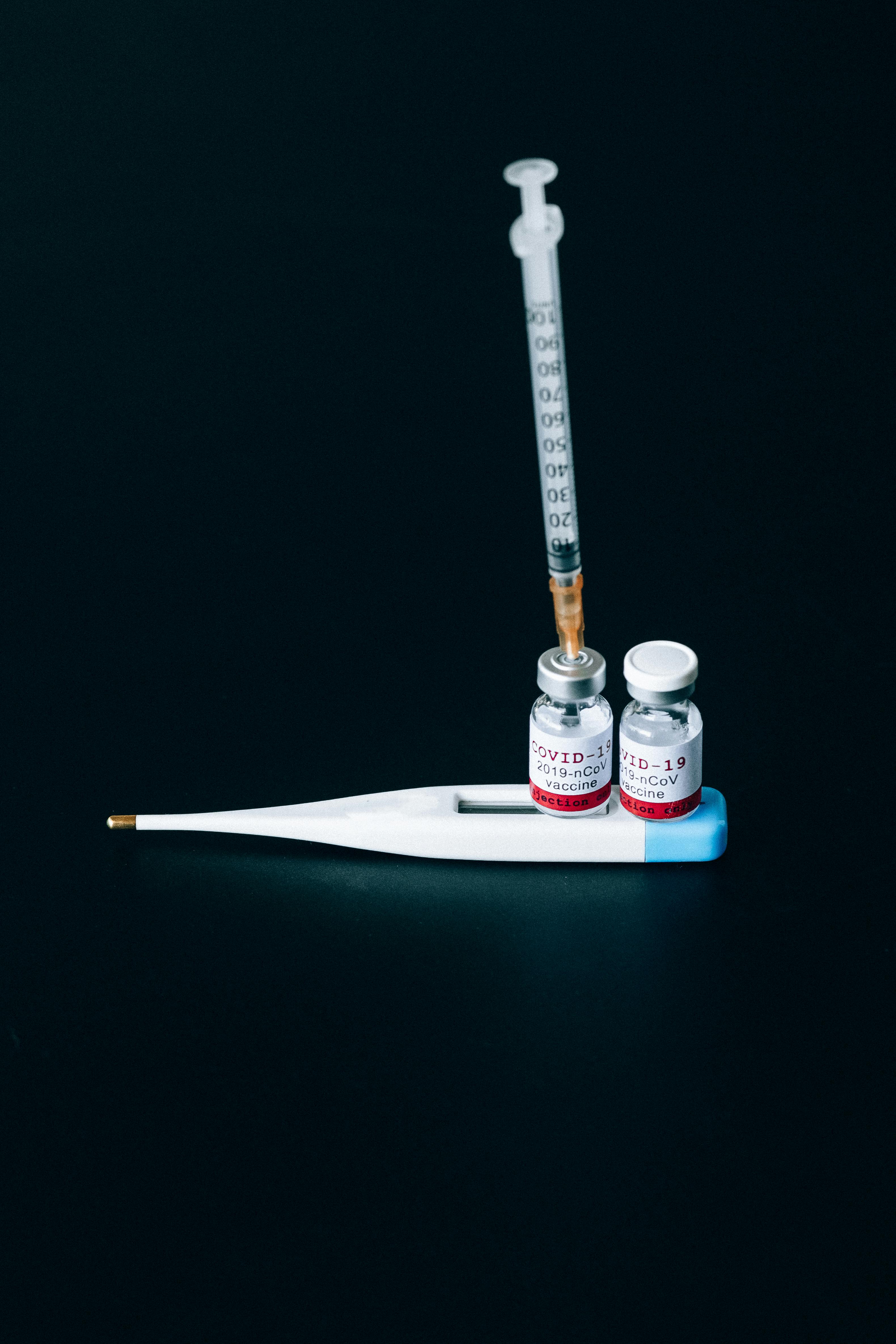
Everything You Need to Know About Clinical Trials (But Maybe Didn’t Ask For)
Alright, so clinical trials, huh? They’re these big important things in medicine where they try out new treatments on people before they become like, everyday stuff at your local pharmacy. But honestly, clinical trials can be kinda confusing and maybe a little bit scary if you don’t know what’s going on. So, let’s dive in and figure out what’s the deal with clinical trials phases and their importance — or at least try to.
What Are Clinical Trials Anyway?
Simply put, clinical trials are research studies that test new medical approaches in real people. Sounds simple, right? But there’s a lot more that goes into it. These trials helps doctors and scientists figure out if a new drug, device, or therapy is safe and effective. Without them, we’d probably still be stuck with old-school treatments that might not work so good.
Why do clinical trials matter? Well, without these studies, new treatments wouldn’t get approved by agencies like the FDA (Food and Drug Administration). And you definitely don’t want to be the guinea pig for something untested — no offense to guinea pigs.
The Different Stages of Clinical Trials (Yes, There’s More Than One)
Most folks don’t realize this, but clinical trials are broken down into phases. Each phase has a special purpose and different number of participants.
| Phase | Purpose | Number of Participants | Duration |
|---|---|---|---|
| Phase 1 | Test safety and dosage | 20-100 | Several months |
| Phase 2 | Check effectiveness and side effects | Several hundred | Several months to 2 years |
| Phase 3 | Confirm effectiveness, monitor side effects | Thousands | 1-4 years |
| Phase 4 | Post-marketing studies to track long-term effects | Thousands or more | Ongoing |
Maybe it’s just me, but I feel like the waiting times in these phases are enough to drive anyone nuts. Who wants to wait years to get access to a new drug? But hey, safety first, right?
Why People Join Clinical Trials (Or Don’t)
Here’s a list of reasons why someone might join a clinical trial:
- Access to new treatments not available to public
- Help advance medical knowledge
- More frequent health check-ups
- Sometimes compensation for time and travel
On the flip side, people might avoid trials because:
- Fear of unknown side effects
- Mistrust in medical system
- Time commitment is too much
- Maybe they just don’t wanna be a “test subject”
Not really sure why this matters, but apparently, diversity in clinical trials is a big deal too. If trials only include certain groups, the results might not apply to everyone. So, scientists try to recruit people from all backgrounds, ages, and genders. Easier said than done though.
Common Misconceptions About Clinical Trials
I hear people say “oh, if I join a clinical trial, I’ll just get a placebo and no real treatment.” While placebos are used, especially in Phase 3 trials, not every participant gets one. Plus, there’s these things called “open-label” trials where everyone gets the treatment.
Also, people worry they’ll get stuck with all the side effects or that the process is super invasive. True, some trials need blood draws or scans, but medical staff usually make sure you’re comfy and safe. It’s not like they’re poking you with needles all day long (well, usually not).
Real Talk: The Risks and Rewards
Clinical trials ain’t all sunshine and rainbows. There’s risks involved, like unexpected side effects or no benefit at all. But the rewards can be huge. New treatments for cancer, diabetes, and countless other diseases came from these trials.
Here’s a quick pros and cons sheet:
| Pros | Cons |
|---|---|
| Access to cutting-edge treatments | Possible side effects |
| Contribution to science | Time-consuming and inconvenient |
| Close monitoring by doctors | May not receive active treatment |
| Potential compensation | Emotional stress and uncertainty |
How to Find Clinical Trials Near You
If you or a loved one considering joining a trial, there’s websites like ClinicalTrials.gov that list ongoing studies. You can filter by location, condition, and phase. But heads up — not every trial is actively recruiting, and some have strict eligibility criteria.
Quick Tips for Anyone Thinking About Joining a Clinical Trial
- Do your homework — understand the trial’s goal and risks.
- Ask questions — about side effects, procedures, and what happens if you want to quit.
- Talk to your doctor — get their opinion on whether
Patient-Centered Clinical Trials: How Involving Participants Improves Medical Research
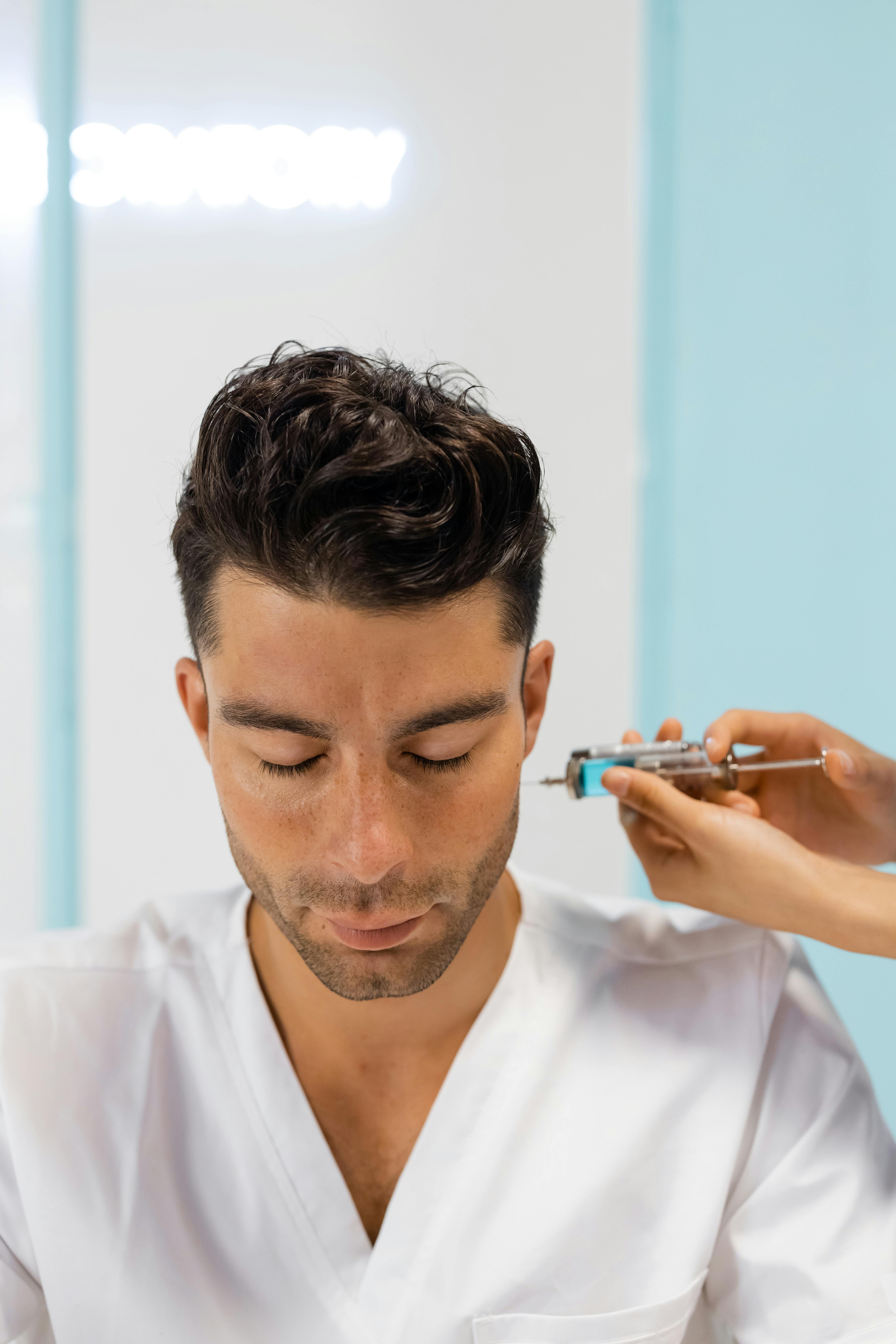
Clinical trials is one of those things that everybody heard about but not many people really understand how it works. So, what exactly are clinical trials phases explained? Well, they are basically experiments or studies done on human volunteers to test new medicines, treatments, or devices before they become widely available. Sounds simple enough, right? But, trust me, it’s way more complicated than it looks.
First off, let’s break down the phases in clinical trials, because if you don’t know which part is which, you’re kinda lost in the sauce. Here’s a quick table to get you started:
| Phase | Purpose | Participants | Duration |
|---|---|---|---|
| Phase 1 | Test safety and dosage | Small group (20-100) | Several months |
| Phase 2 | Evaluate effectiveness and side effects | Larger group (100-300) | Several months – 2 years |
| Phase 3 | Confirm effectiveness, monitor side effects | Large group (1,000-3,000) | 1-4 years |
| Phase 4 | Post-marketing surveillance | General population | Ongoing |
Not really sure why this matters, but people often get confused about what happens in each phase. Maybe it’s just me, but I feel like the “Phase 1” sounds like an intro to a video game, not a serious medical study. Anyways, the main goal for clinical trials safety protocols is to make sure the drug or treatment won’t kill you or give you some weird side effects. Because, newsflash, some drugs are actually dangerous.
One thing that often gets overlooked is the role of the volunteers. You sign up, and basically you become a guinea pig. Some people loves that idea, others freak out just thinking about it. The truth is, without volunteers, clinical trial recruitment challenges would be a total nightmare. And recruiting isn’t easy, people drop out, or sometimes they just don’t meet the criteria. Here’s a quick list of common reasons why volunteers might not get accepted:
- Age restrictions (too young or too old)
- Pre-existing health conditions
- Currently taking other medications
- Failed initial screening tests
You see, these are not just random rules, they’s designed to keep the trial results reliable and safe. But sometimes it feels like they’re just making it harder for people to participate. Another thing that boggles my mind is the paperwork. Oh boy, the paperwork! You gotta sign a mountain of documents, full of legal jargon that nobody understands. The infamous informed consent form is like a novel. Honestly, I sometimes wonder if people even read it or just nod and sign.
Now, let’s talk about clinical trials data management. This is where all the info collected from the volunteers gets organized, analyzed, and interpreted. Without good data management, the whole trial could be useless. Imagine spending years testing a drug, only to realize you lost half your data or entered it wrong. That would be a disaster. So, researchers use special software and strict procedures to handle this. Fun fact: sometimes, the data is so complex that even the scientists scratch their heads.
Something else that often causes confusion is the randomization and blinding process. Why do they even bother? Well, to make sure the results aren’t biased. Volunteers get randomly assigned to either the treatment group or the placebo group (the fake pill group). And blinding means the volunteers, or even the researchers, don’t know who’s getting what. Sounds like a spy movie plot, right? But it’s important to keep the results legit. Otherwise, people might just imagine they feel better because they think the pill works.
Here’s a quick checklist for what happens in a typical clinical trials study design:
- Recruitment and screening of volunteers
- Randomization into groups
- Administration of treatment or placebo
- Monitoring and data collection over time
- Analyzing results
- Reporting and publishing findings
One last thing I wanna mention is the ethical concerns. Some people argue that clinical trials exploit vulnerable populations, especially in poorer countries. I mean, it’s a valid point. Companies sometimes conduct trials in places where regulations are loose, or people might not fully understand what they’re getting into. This is why clinical trials ethical considerations are a hot topic in the medical community. There are strict guidelines, but enforcement is tricky.
Before I forget, here’s a quick pro and cons table about participating in clinical trials from a volunteer’s perspective:
| Pros | Cons |
|---|---|
| Access to new treatments not yet available | Risk of unknown side effects |
| Contribute to medical research and science | Time-consuming and lots of visits |
| Close monitoring by health professionals | Possible placebo |
Conclusion
In conclusion, clinical trials play a crucial role in advancing medical knowledge and improving patient care by rigorously testing new treatments for safety and efficacy. Throughout the process—from initial design and participant recruitment to data analysis and regulatory approval—these studies ensure that innovative therapies meet the highest standards before reaching the public. Understanding the phases of clinical trials, the importance of informed consent, and the ethical considerations involved helps build trust and encourages participation, which is essential for continued progress. As medical science evolves, clinical trials remain the cornerstone of evidence-based practice, offering hope for better disease management and cures. If you or a loved one are considering joining a clinical trial, take the time to research options, consult healthcare professionals, and weigh the benefits and risks carefully. By supporting clinical research, you contribute to shaping the future of healthcare and potentially saving countless lives.
